Industry know-how first-hand.
All downloads at a glance
Top White Papers at a Glance
This white paper reveals how Artificial Intelligence is revolutionizing food production. Discover why AI-driven inspection systems are a game-changer for the industry's future.
This white paper explores advancements in AI-driven sorting technology and demonstrates how you can leverage these innovations to make your processes more precise, sustainable, and profitable.
This white paper explores various maintenance strategies with a focus on Predictive Maintenance, offering insights into how AI-driven predictive maintenance can enhance your production efficiency and boost food safety.
Discover what truly matters in recycled materials and the essential steps to create a future-proof process landscape for their use in this white paper.
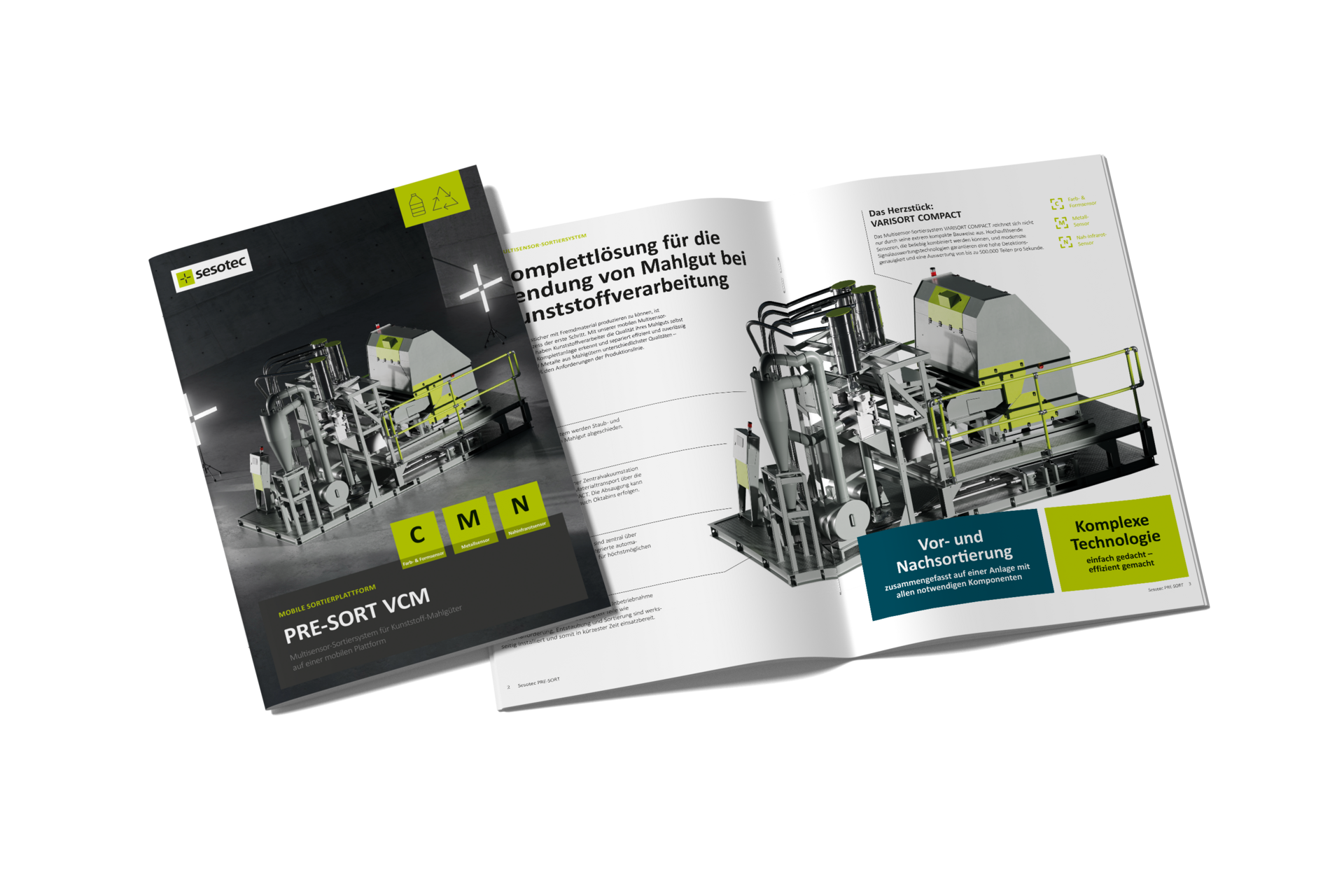
Search now
SEARCH
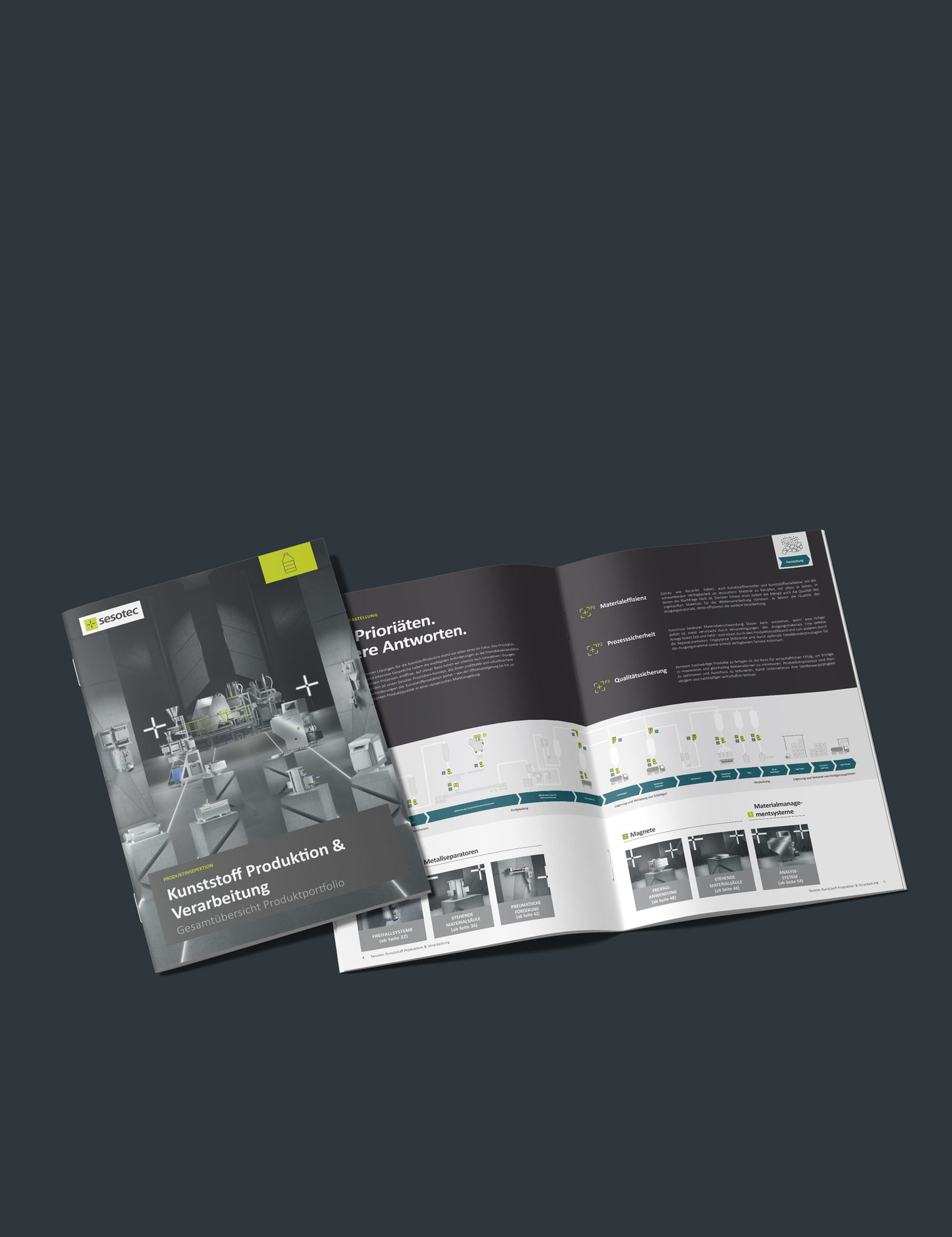
Brochures
Plastic Production & Processing
Read more
Brochures
Tunnel Metal Detectors
Read more
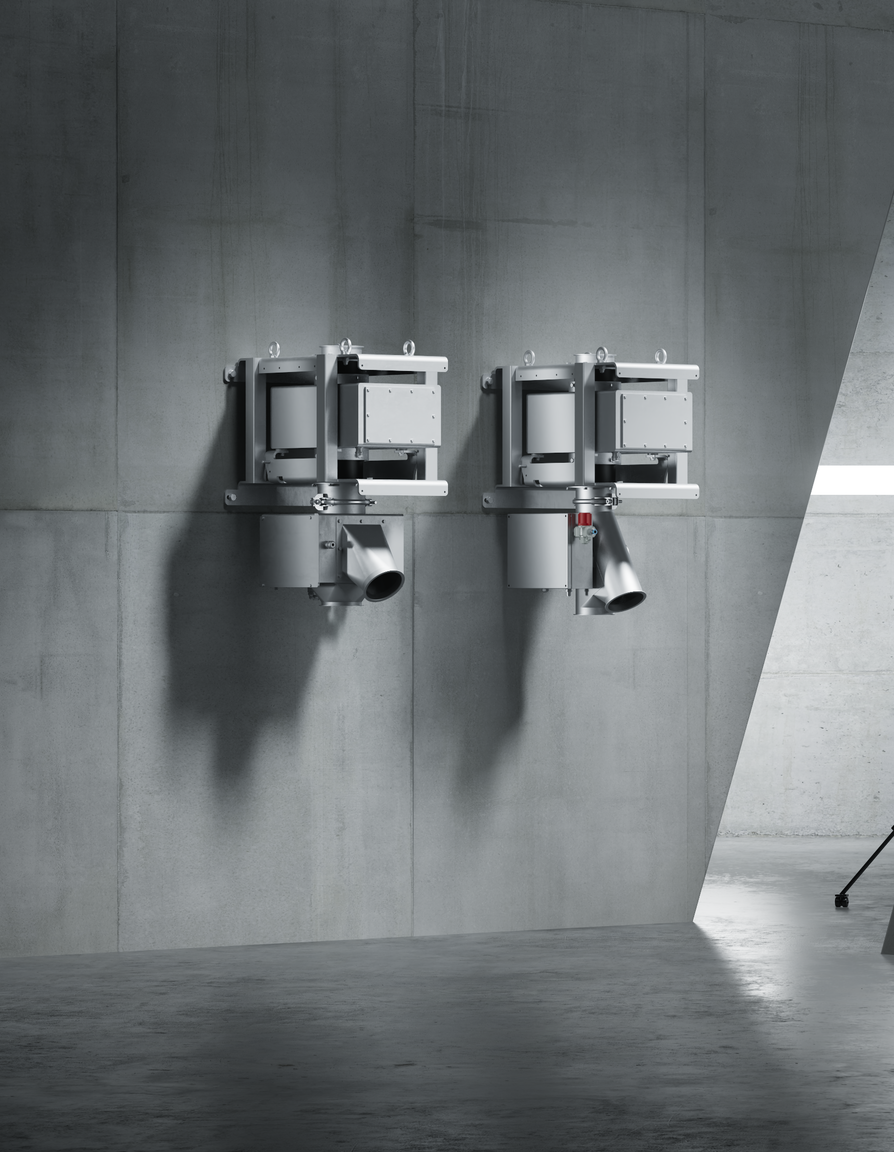
Brochures
Free-fall applications - RAPID Family
Read more
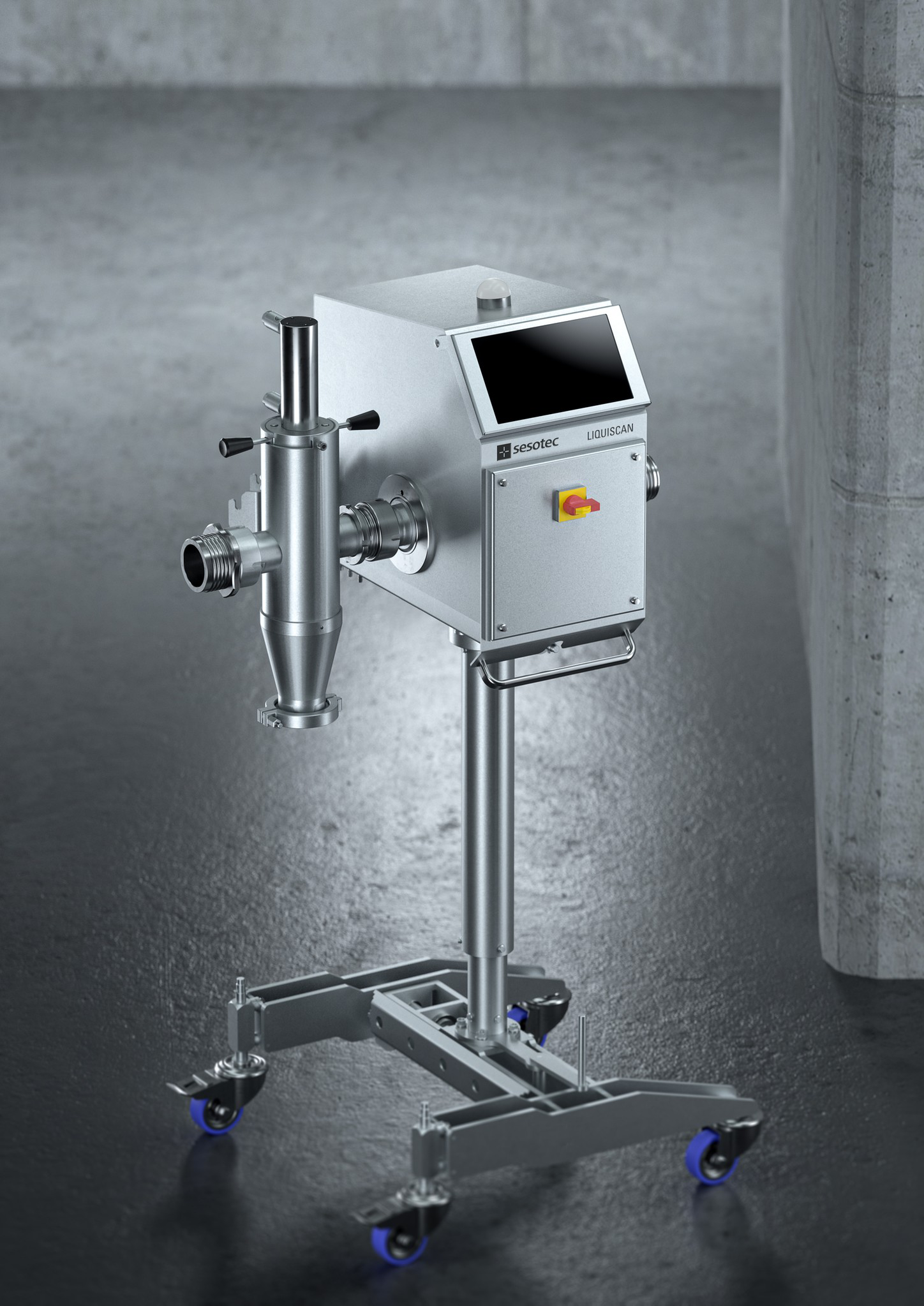
Brochures
Liquids and pastes - LIQUISCAN
Read more
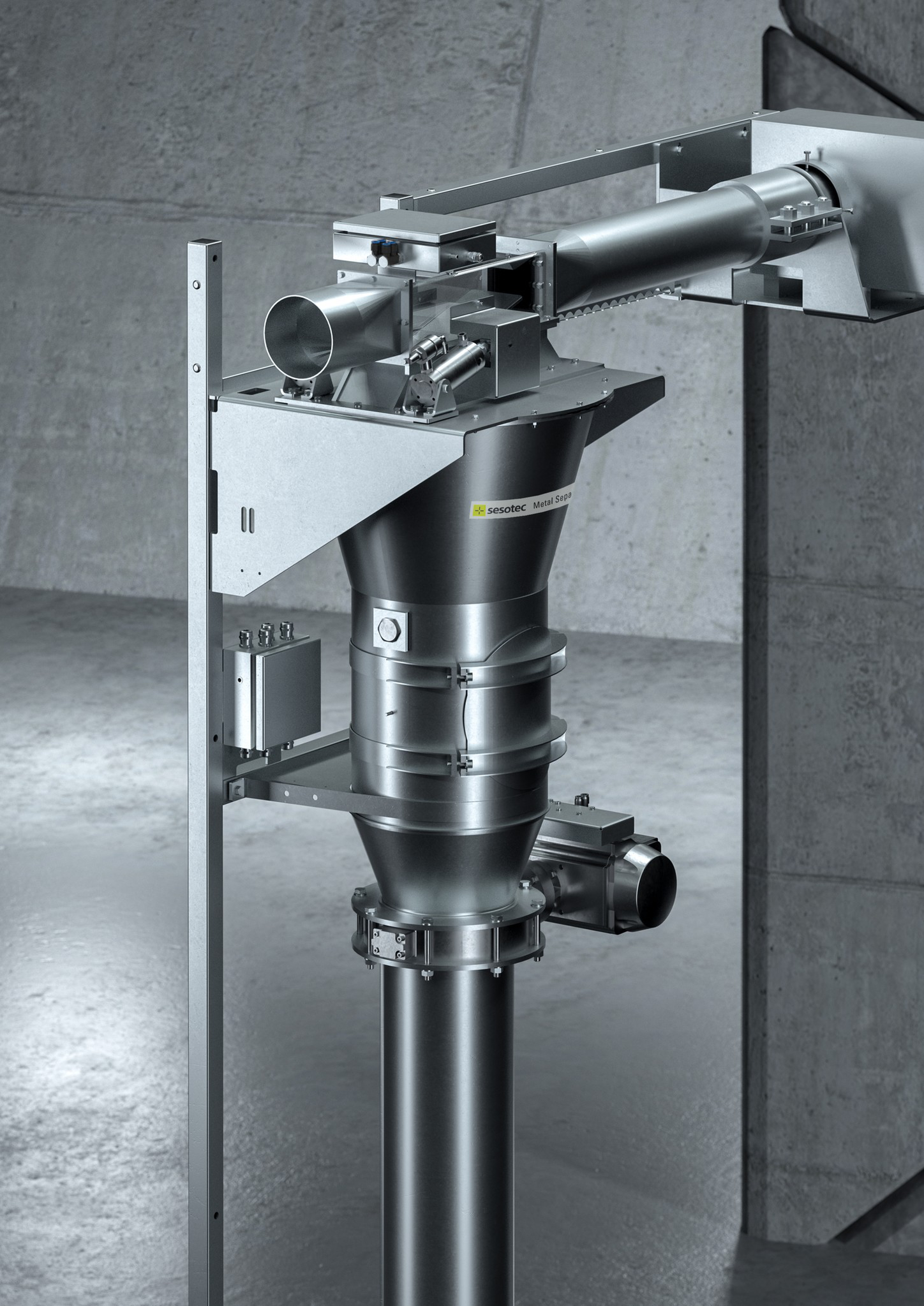
Brochures
Pneumatic Conveyance - GF4000
Read more
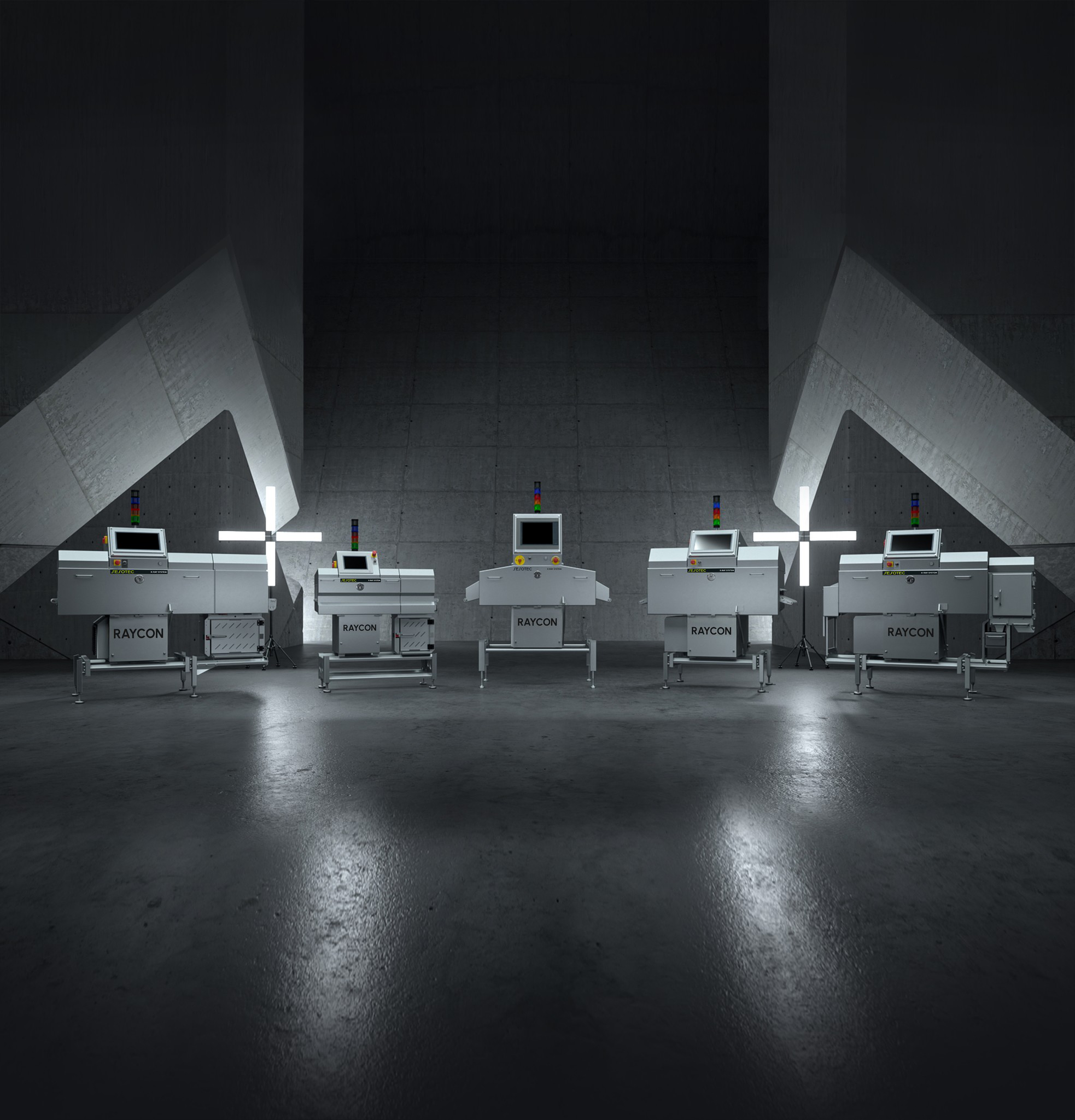
Brochures
X-ray Inspection - RAYCON - Family
Read more
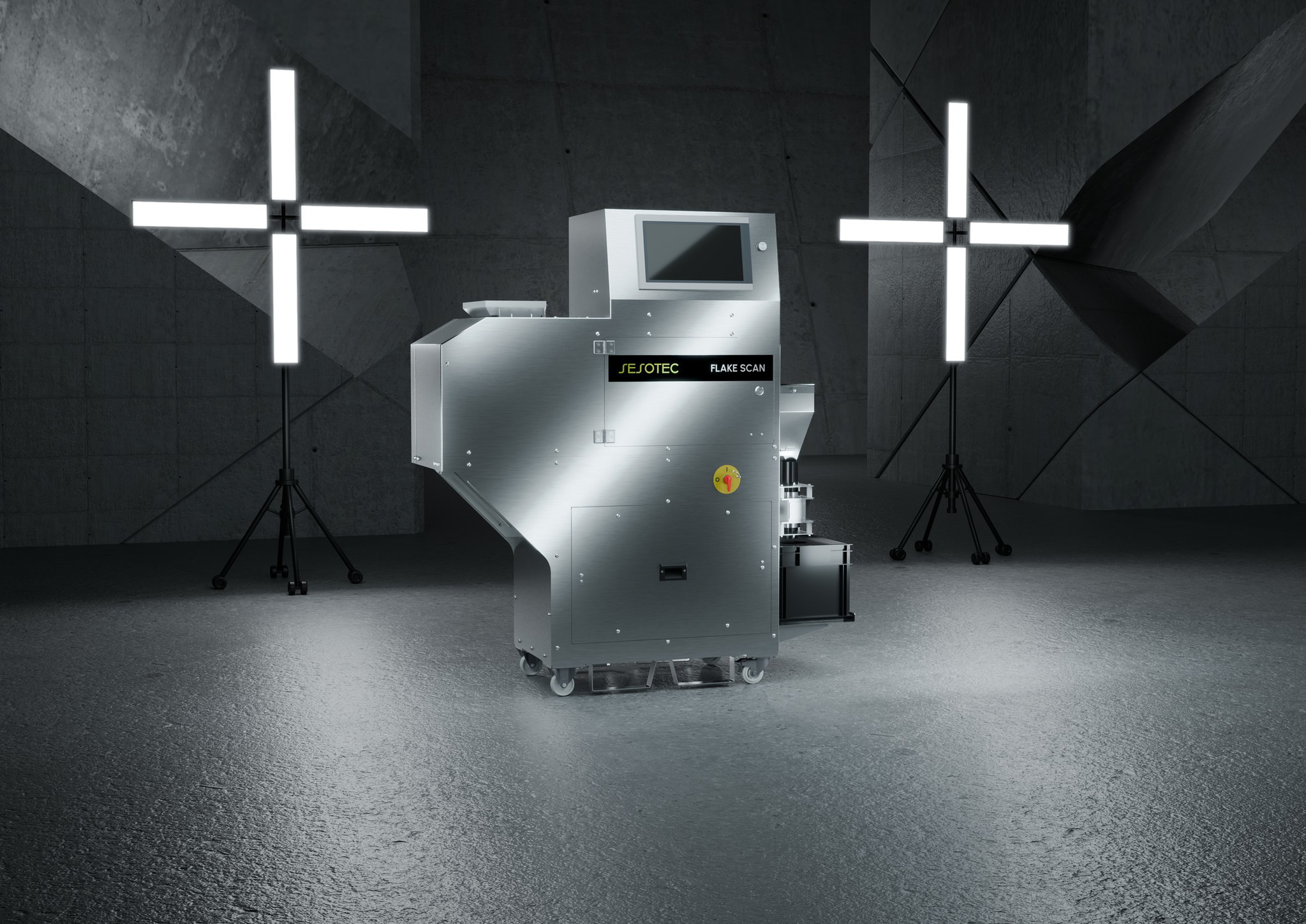
Brochures
Analysis Systems - FLAKE SCAN
Read more
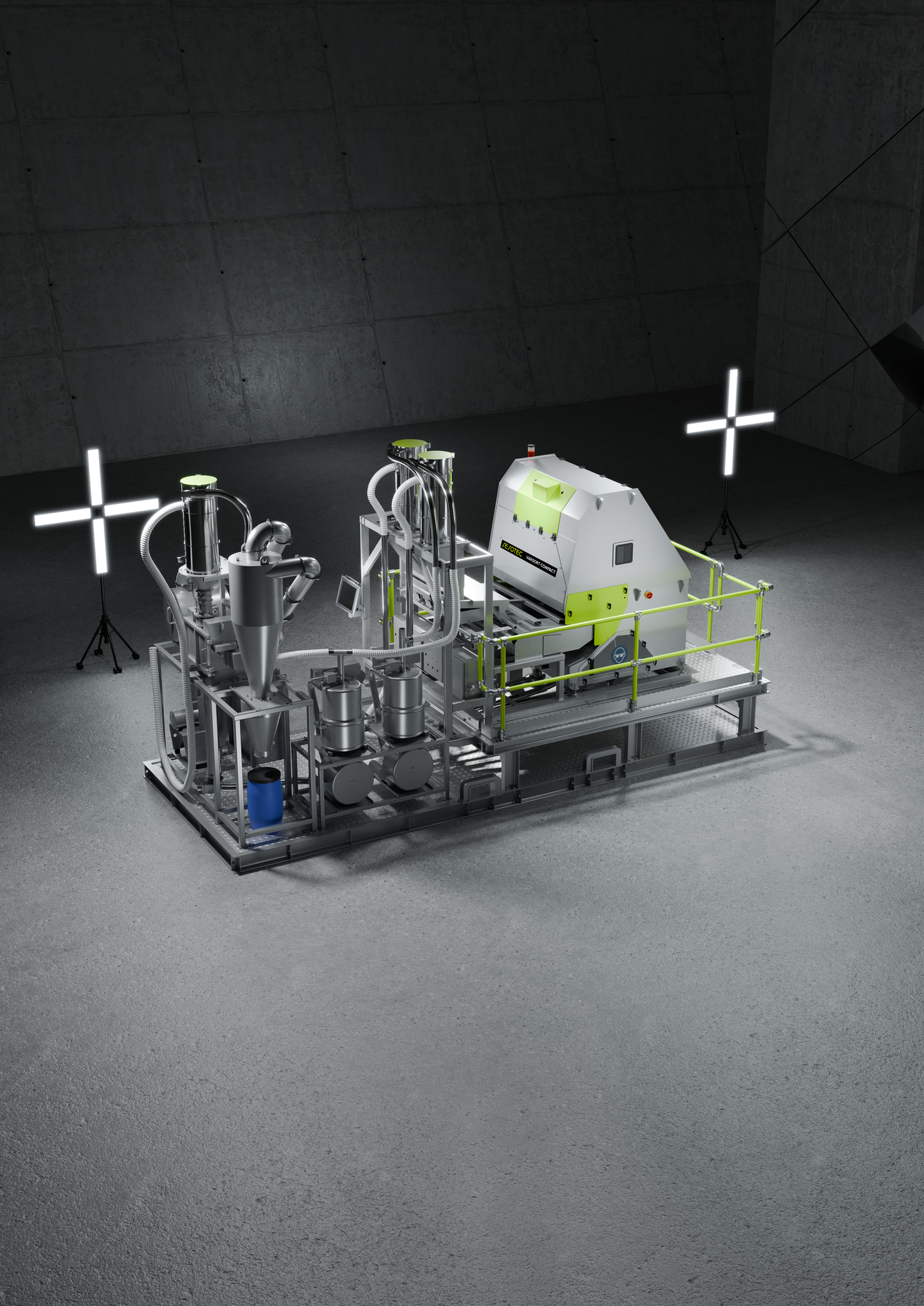
Brochures
Platform Devices - PRE-SORT
Read more
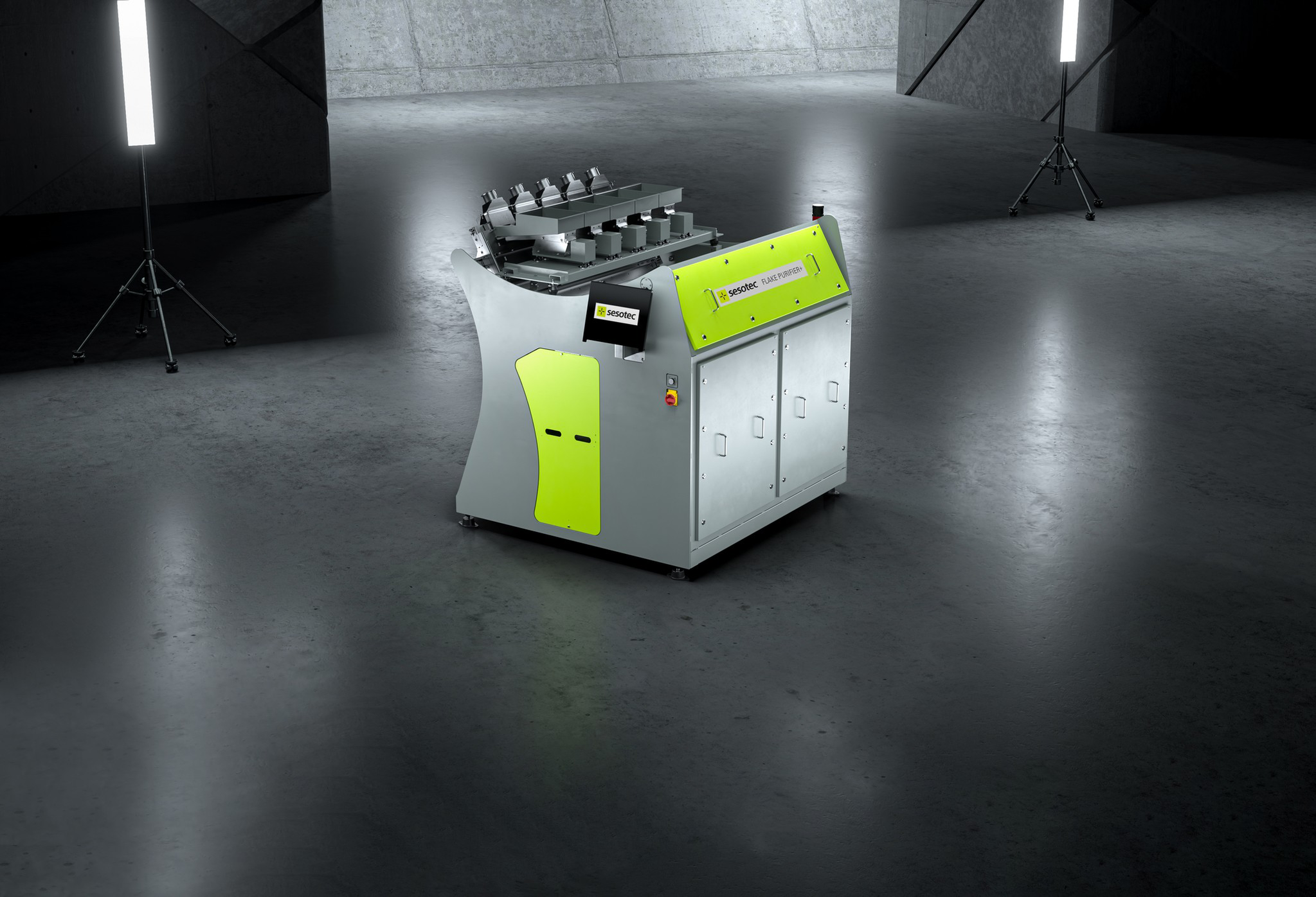
Brochures
Sorting systems - FLAKE PURIFIER
Read more
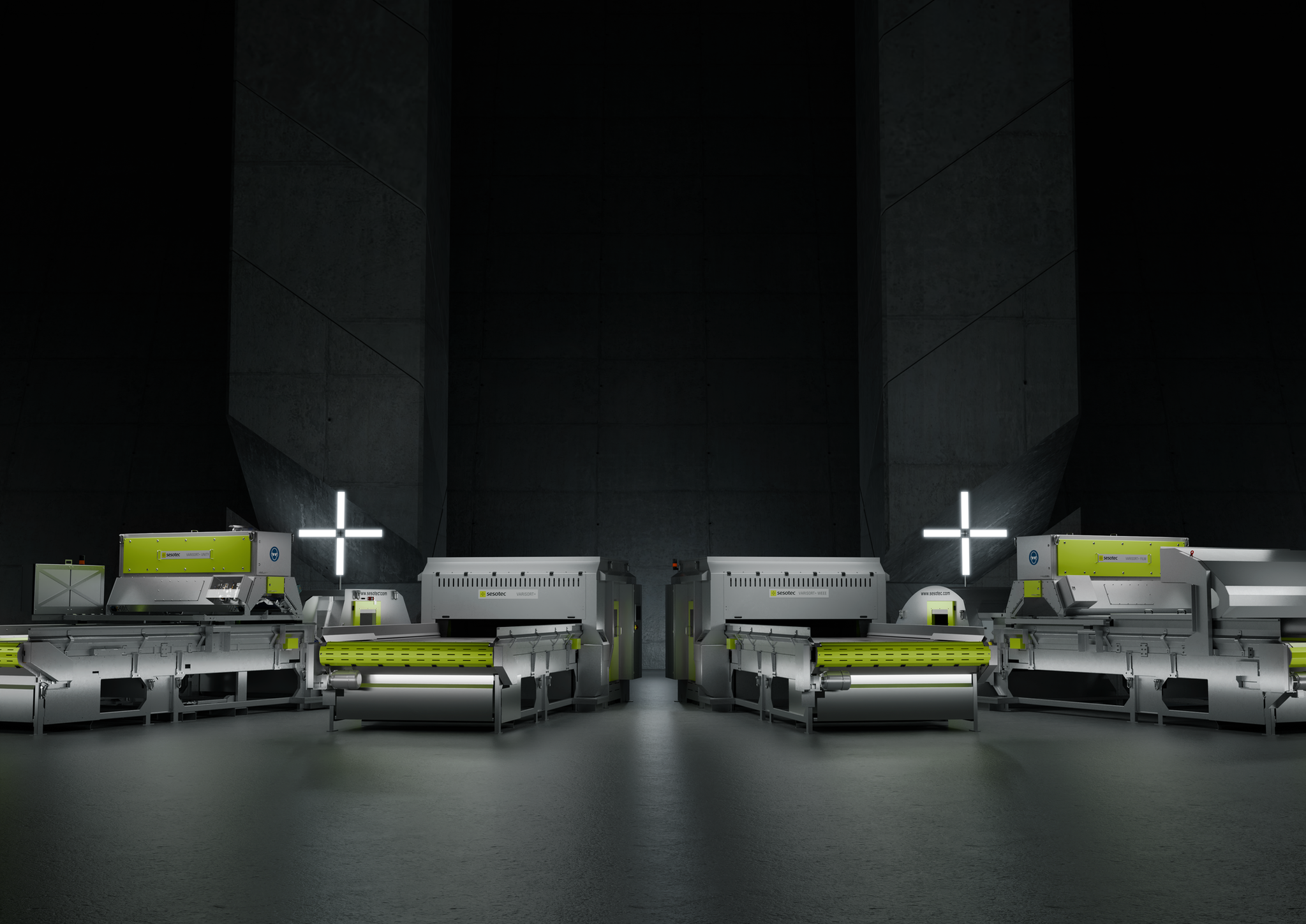
Brochures
Sorting systems - VARISORT+ Family
Read more
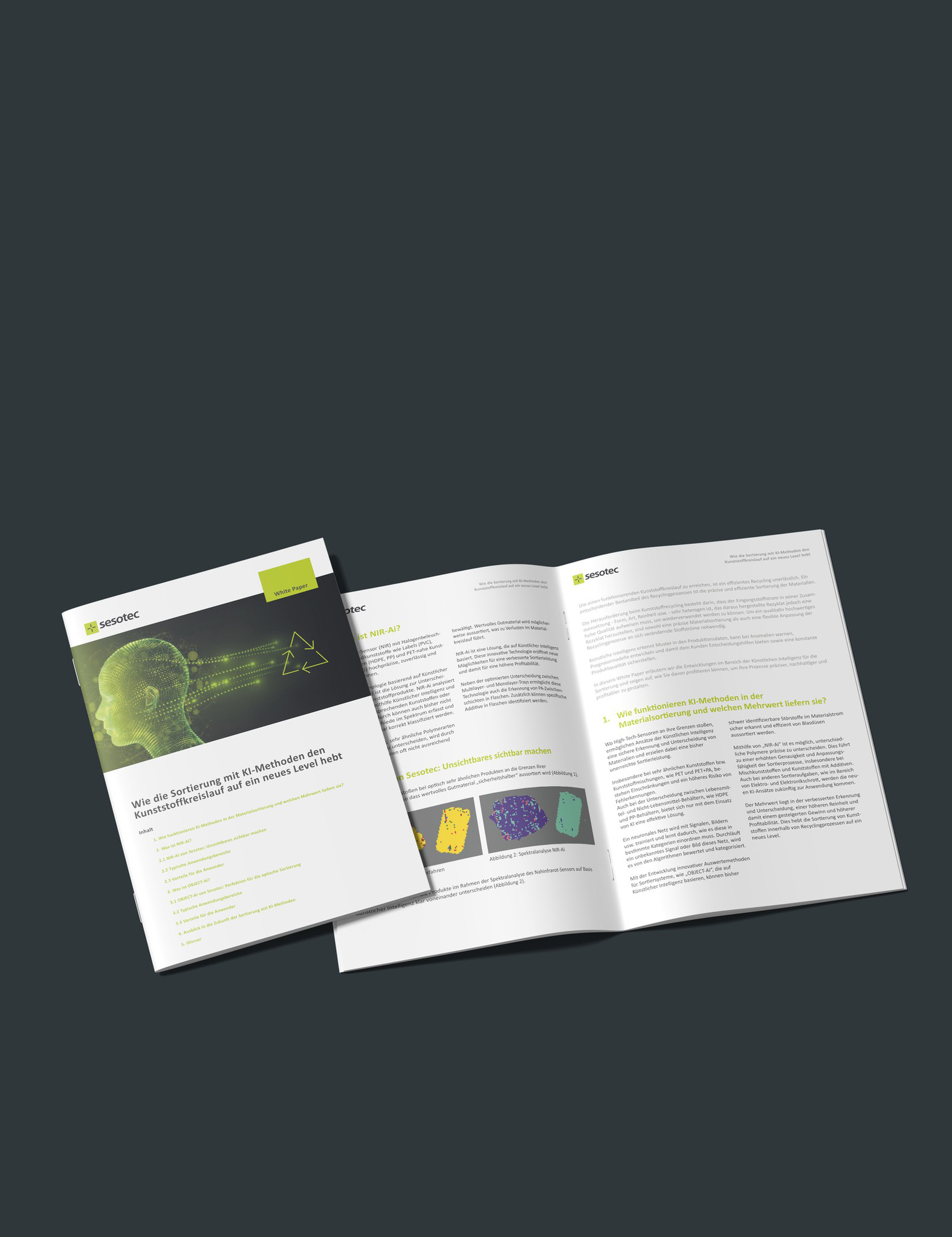
White Paper
How sorting with AI methods is taking the plastics circular economy to a new level
Read more
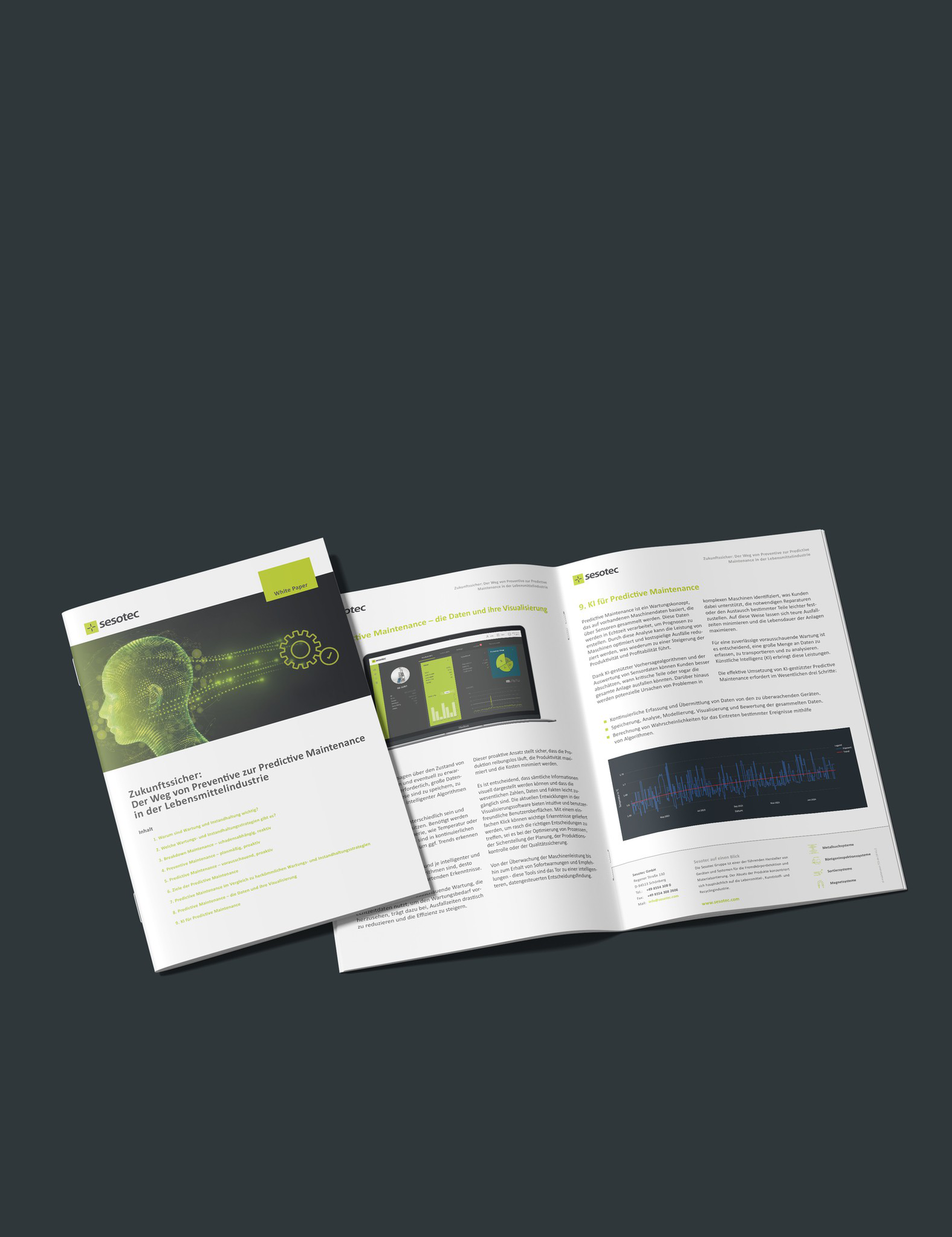
White Paper
The path from preventive to predictive maintenance in the food industry
Read more
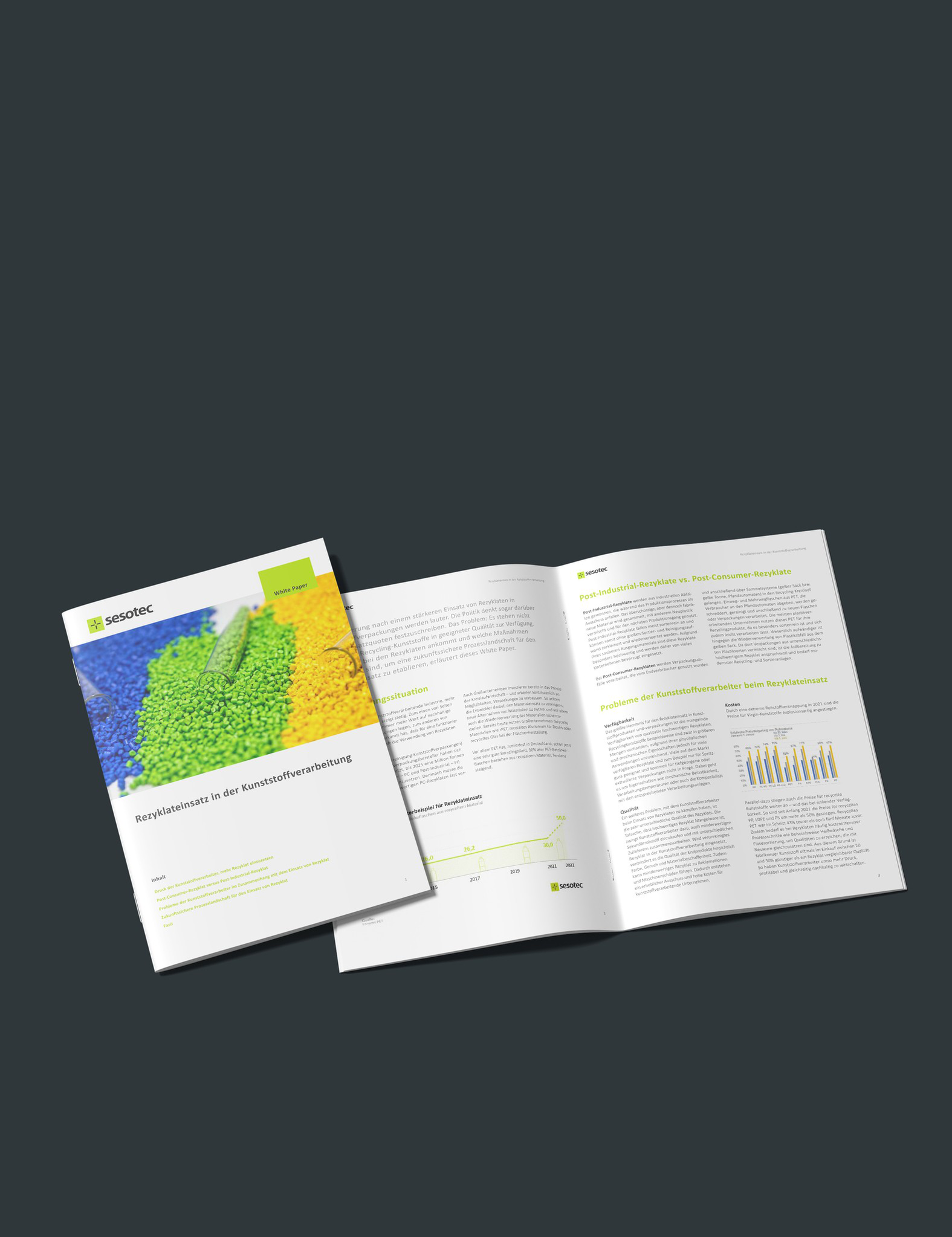
White Paper
Using recycled materials in plastics processing
Read more
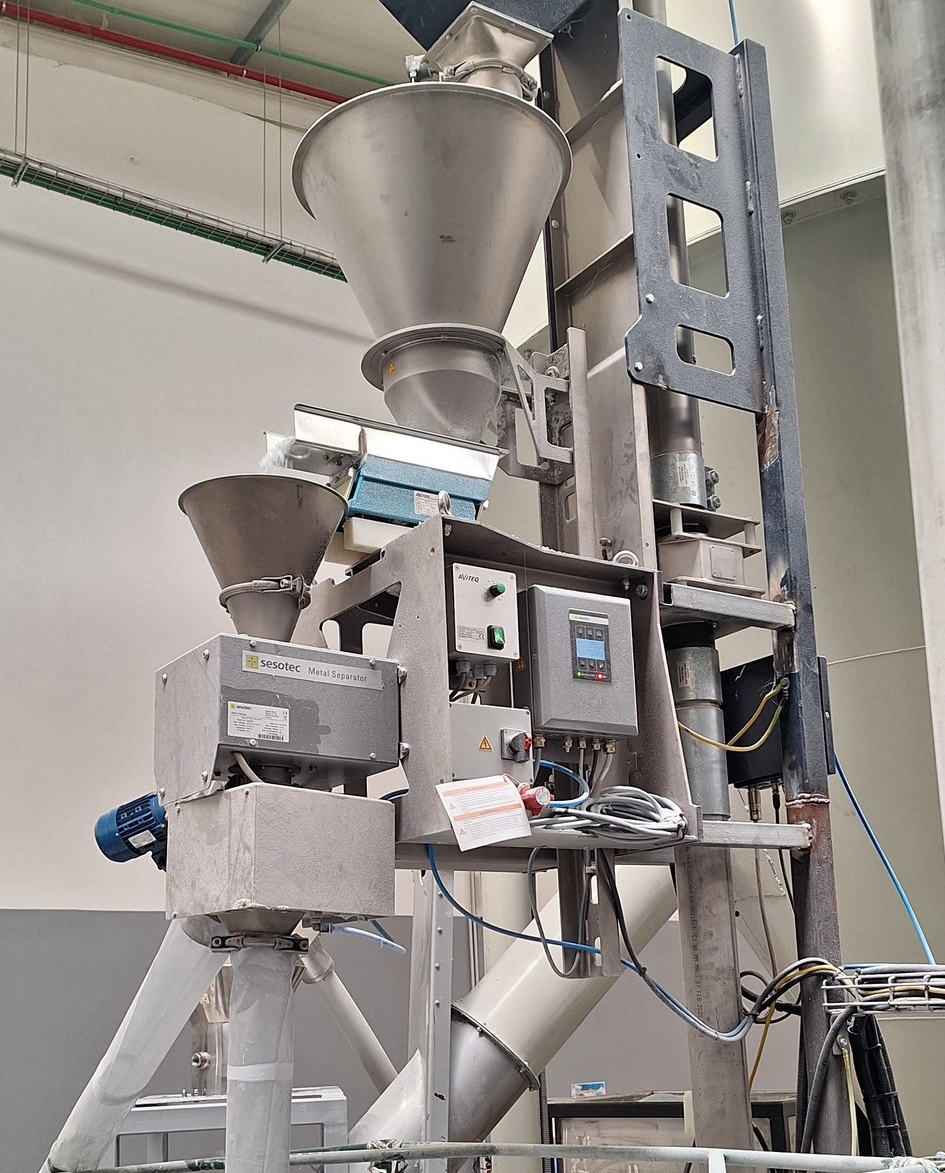.jpg)
Case Studies
How World PET Recycling minimizes material loss and maximizes product quality
Read more
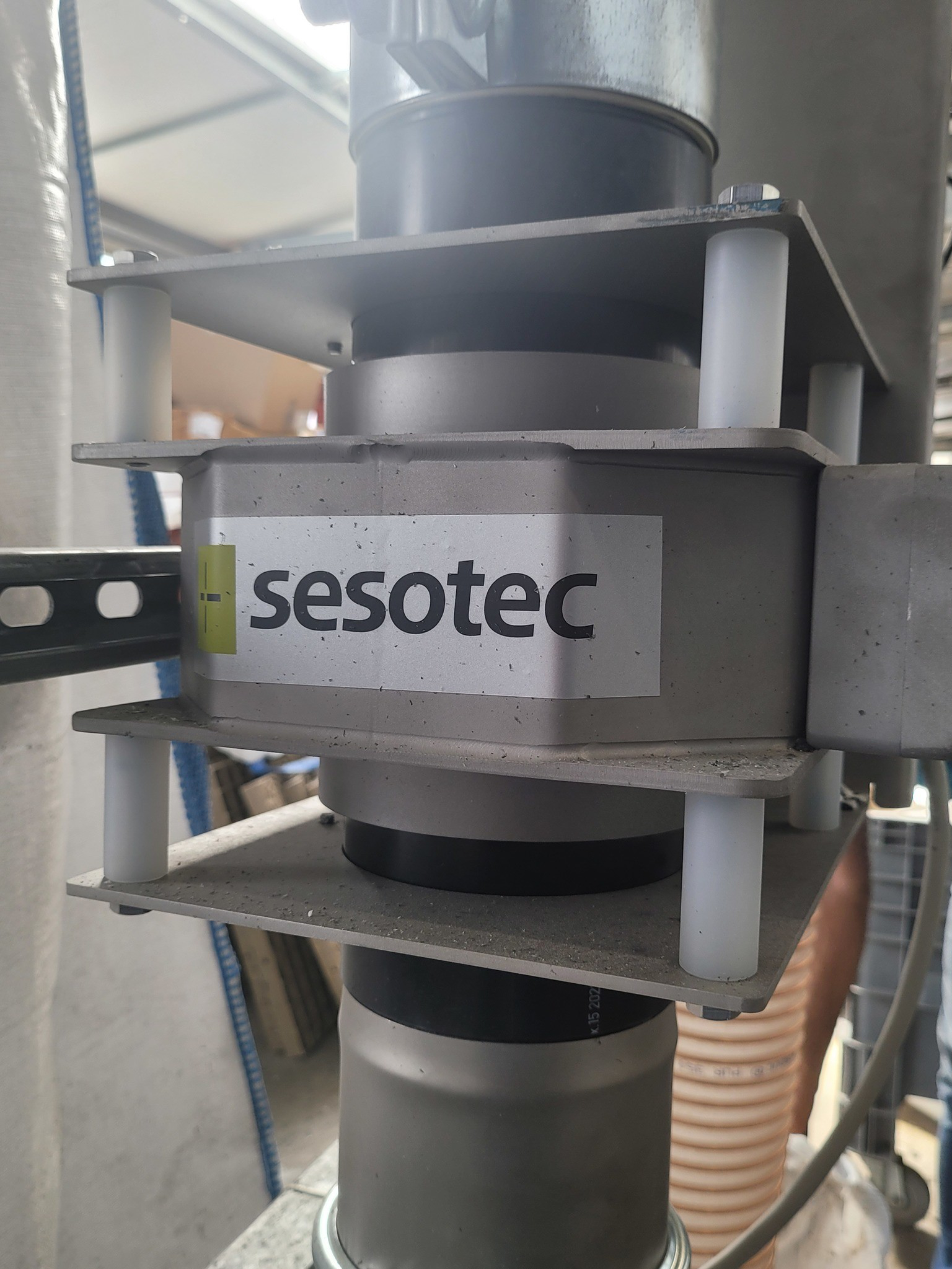.jpg)
Case Studies
A custom system for better management of production waste at Plastiques ZD
Read more
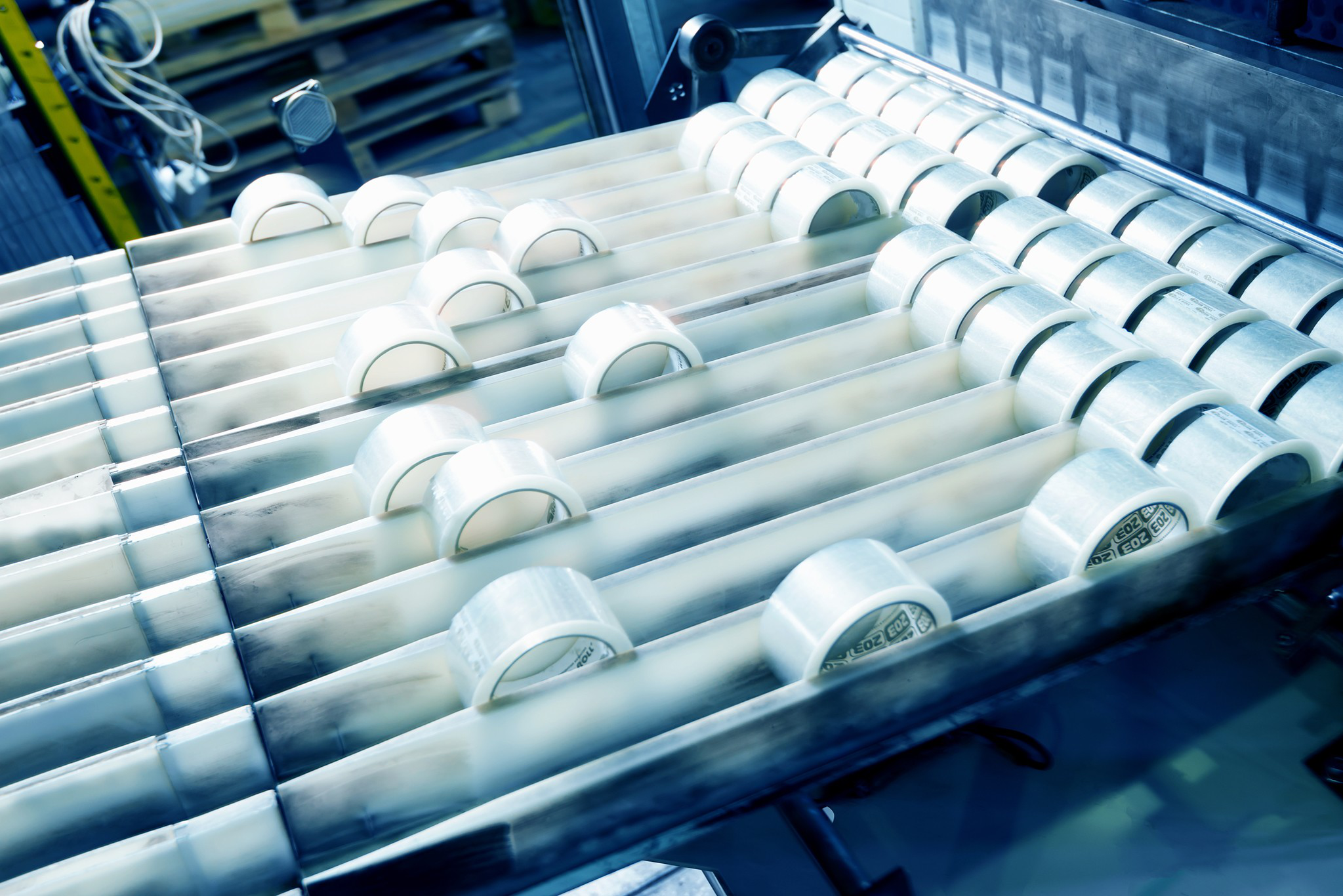
Case Studies
Examining raw materials for adhesive tapes at the highest level
Read more
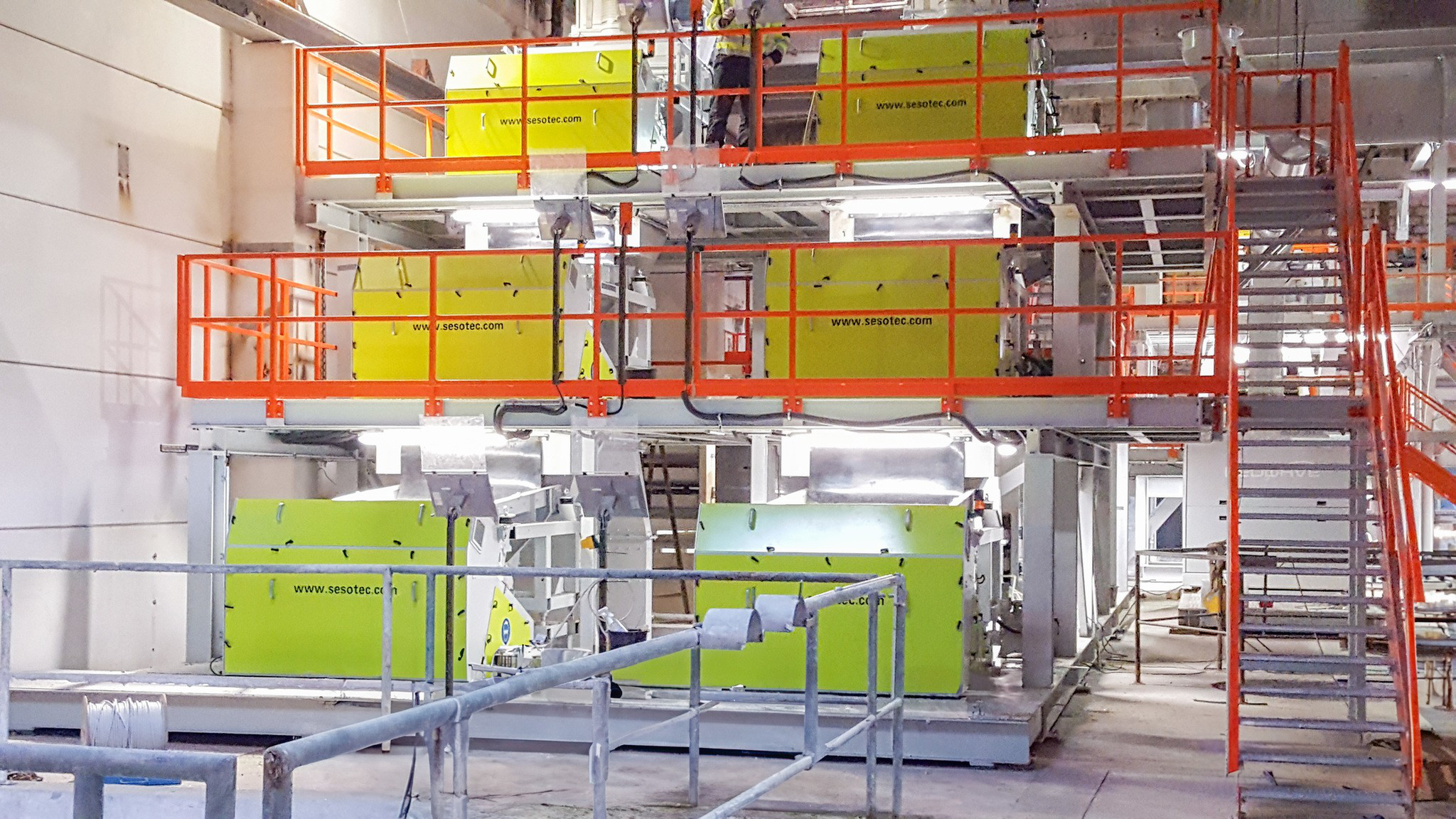
Case Studies
How Reiling Glas Recycling brings valuable, dark cullet back into production
Read more
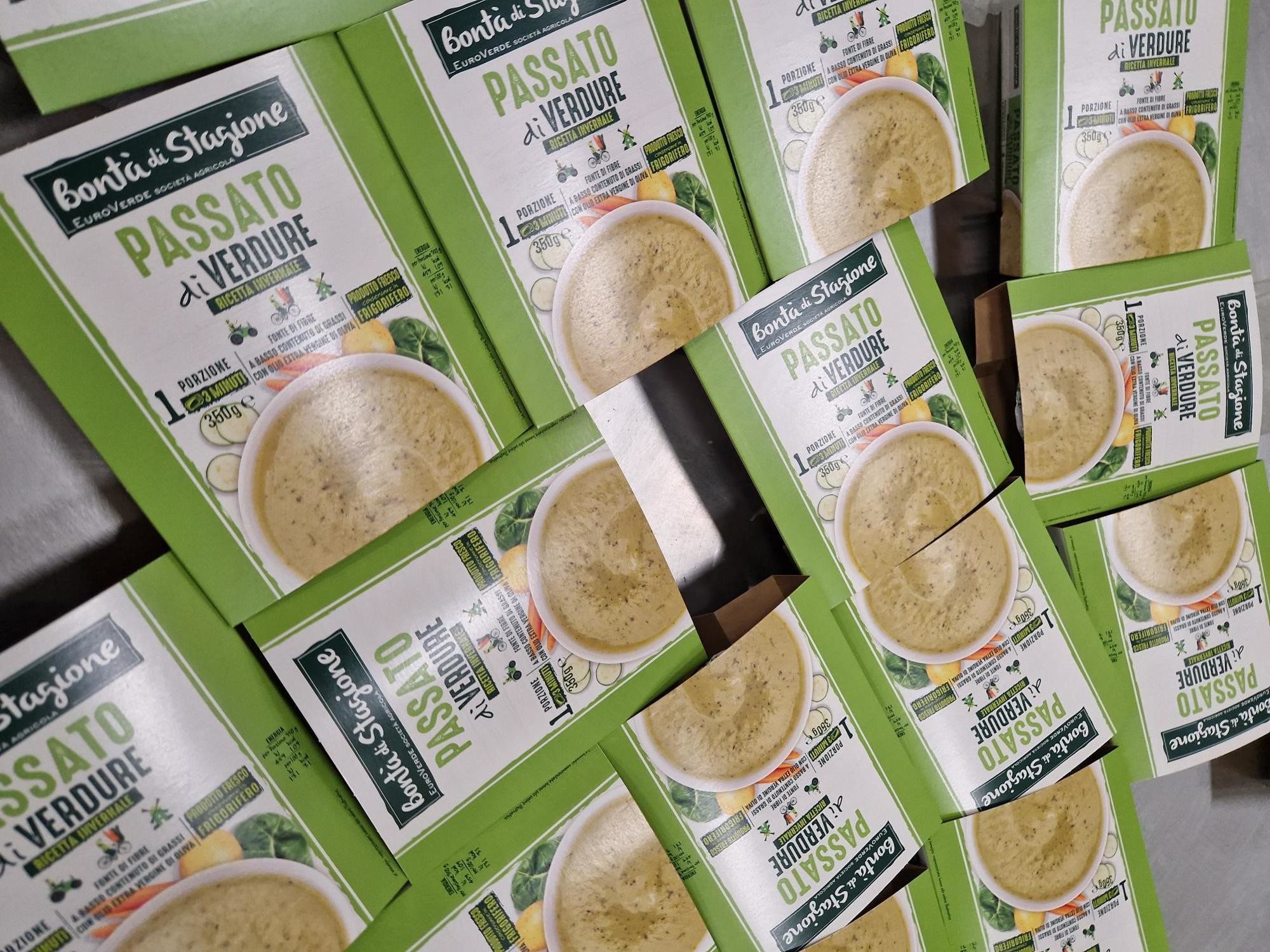
Case Studies
EUROVERDE uses X-ray technology to find the smallest stones in soups
Read more
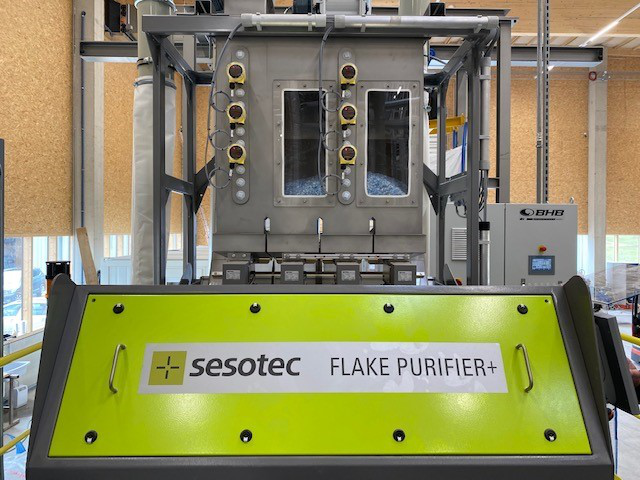
Case Studies
MISSION PET: Circular economy needs material cleaning with state-of-the-art technologies
Read more
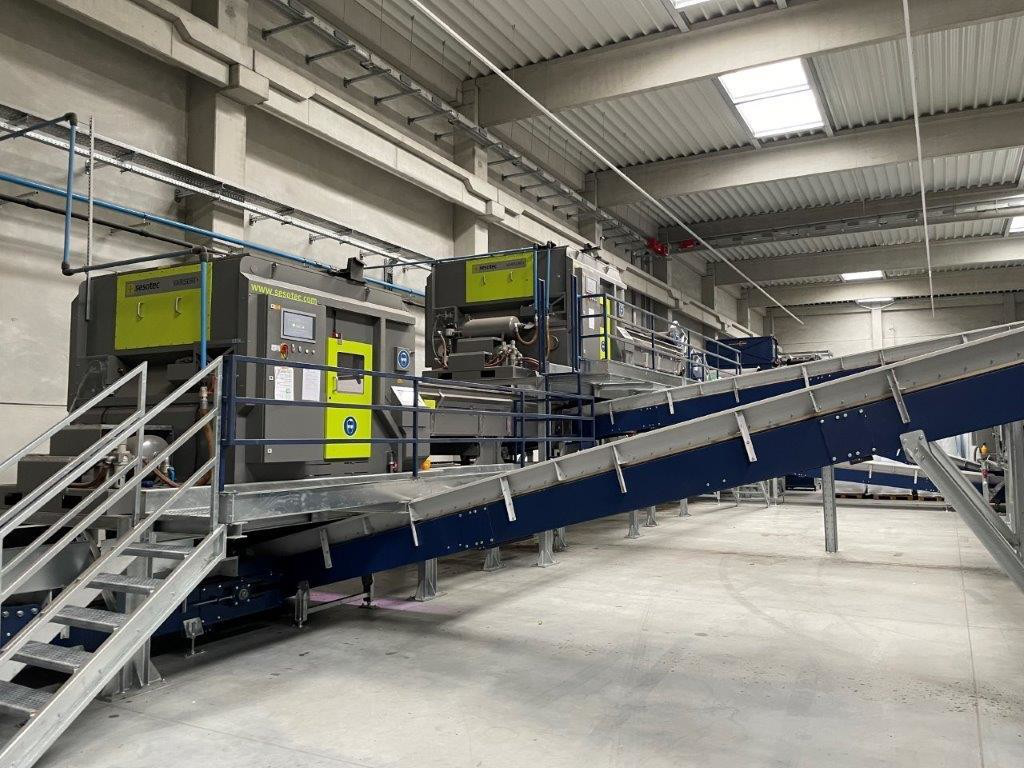.jpg)
Case Studies
REKIS Croatia: high-purity rPET is used to make new bottles
Read more
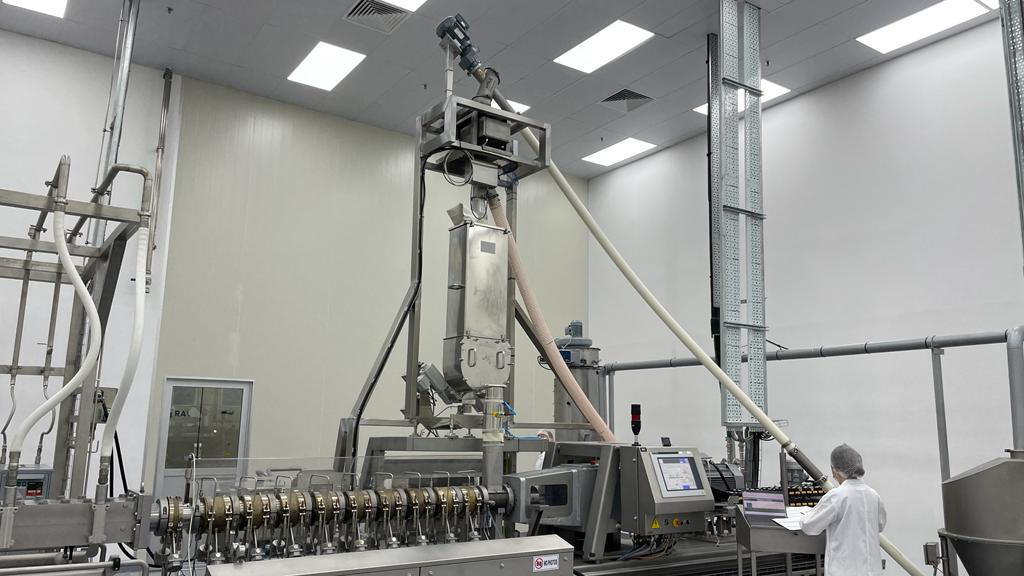.jpg)
Case Studies
CREMER: A new production plant for plant-based foods requires the best inspection technology
Read more
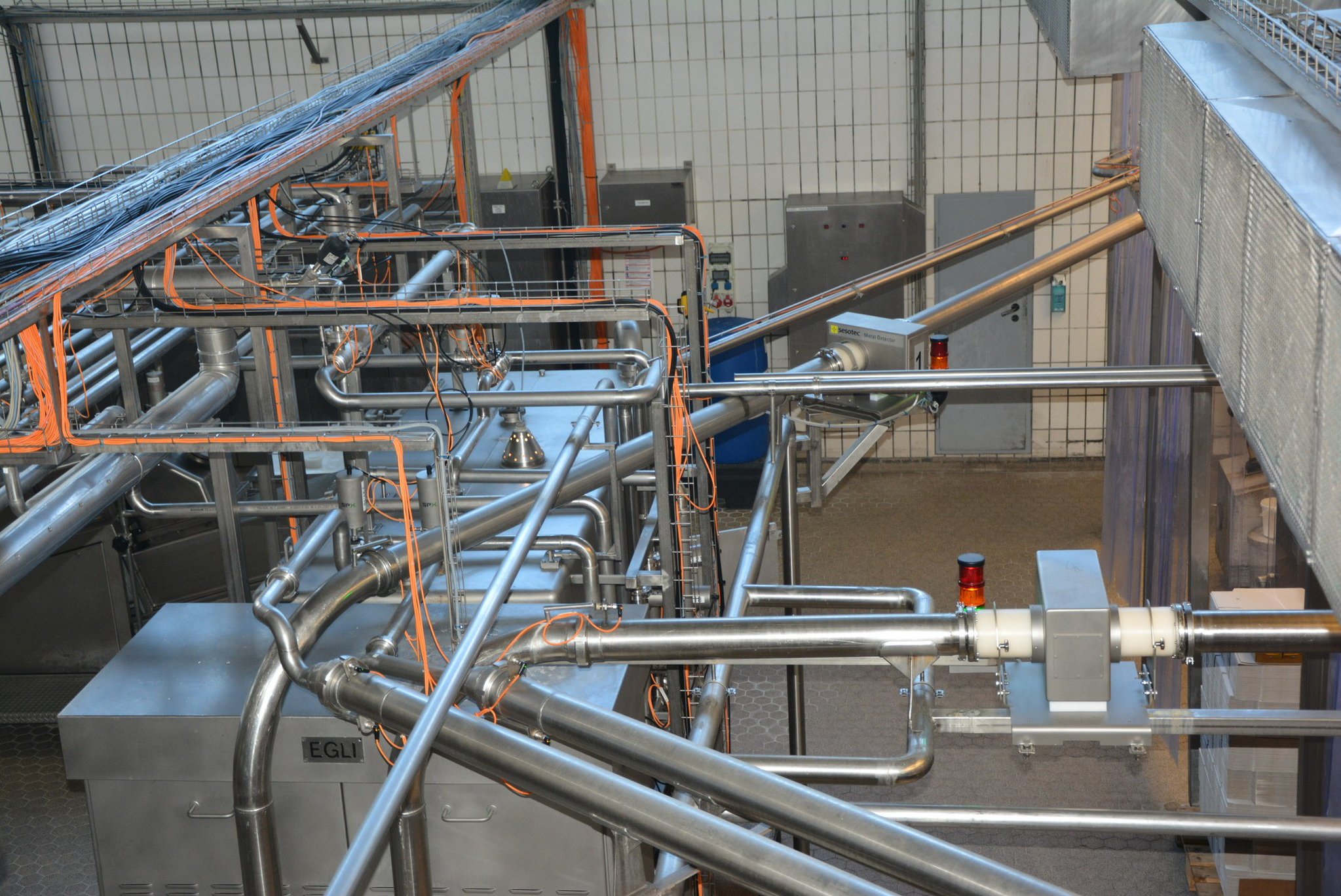
Case Studies
MILCHWERK SCHWABEN: Product safety has top priority in the dairy industry
Read more
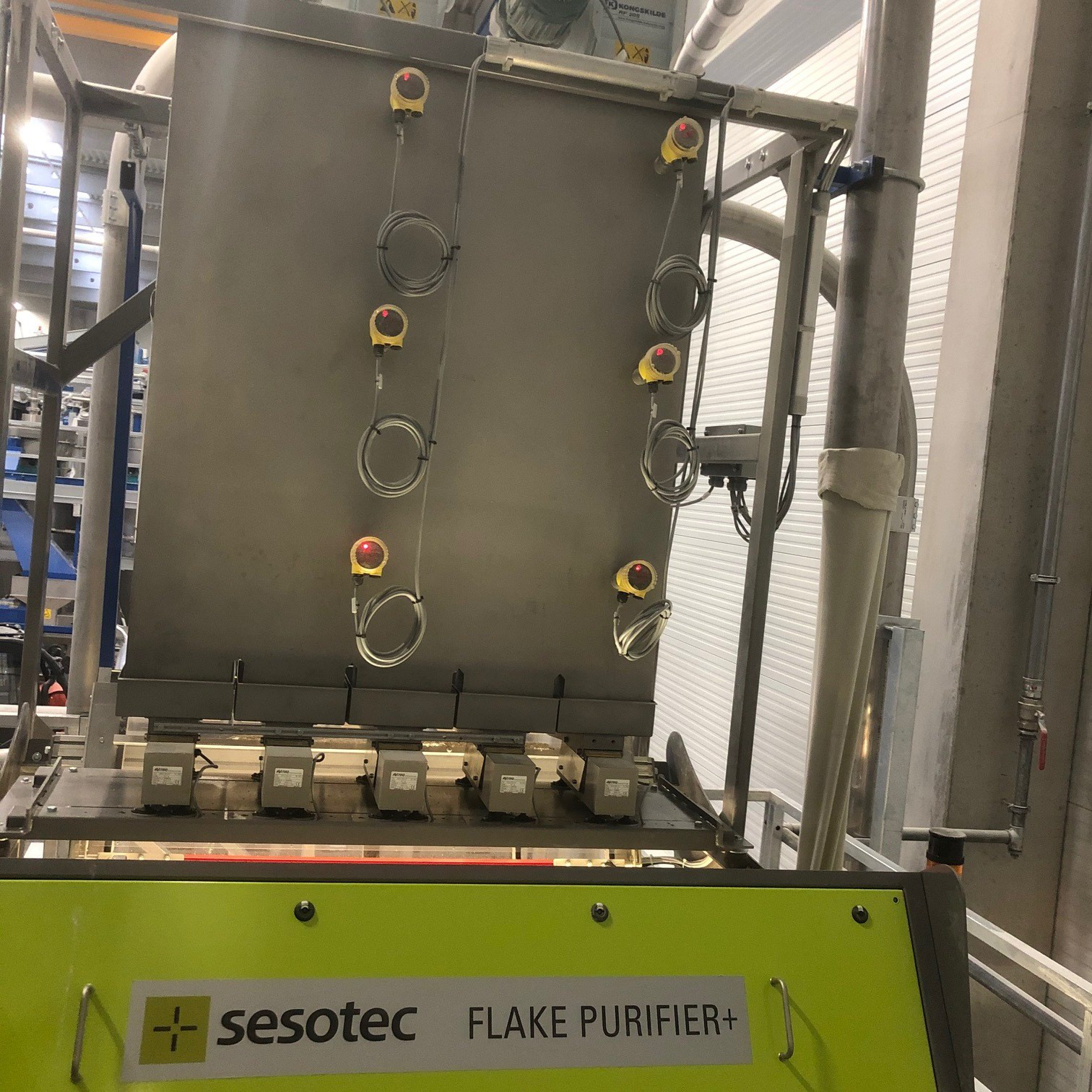
Case Studies
REILING: Pure recyclate is the be-all and end-all for profitable PET recycling
Read more
.JPG)
Case Studies
FUTURAPET: “Sesotec is our partner in material sorting and analysis”
Read more
.JPG)
Case Studies
TOPAS: High-tech metal detector ensures strictest quality specifications for Wheaty products
Read more
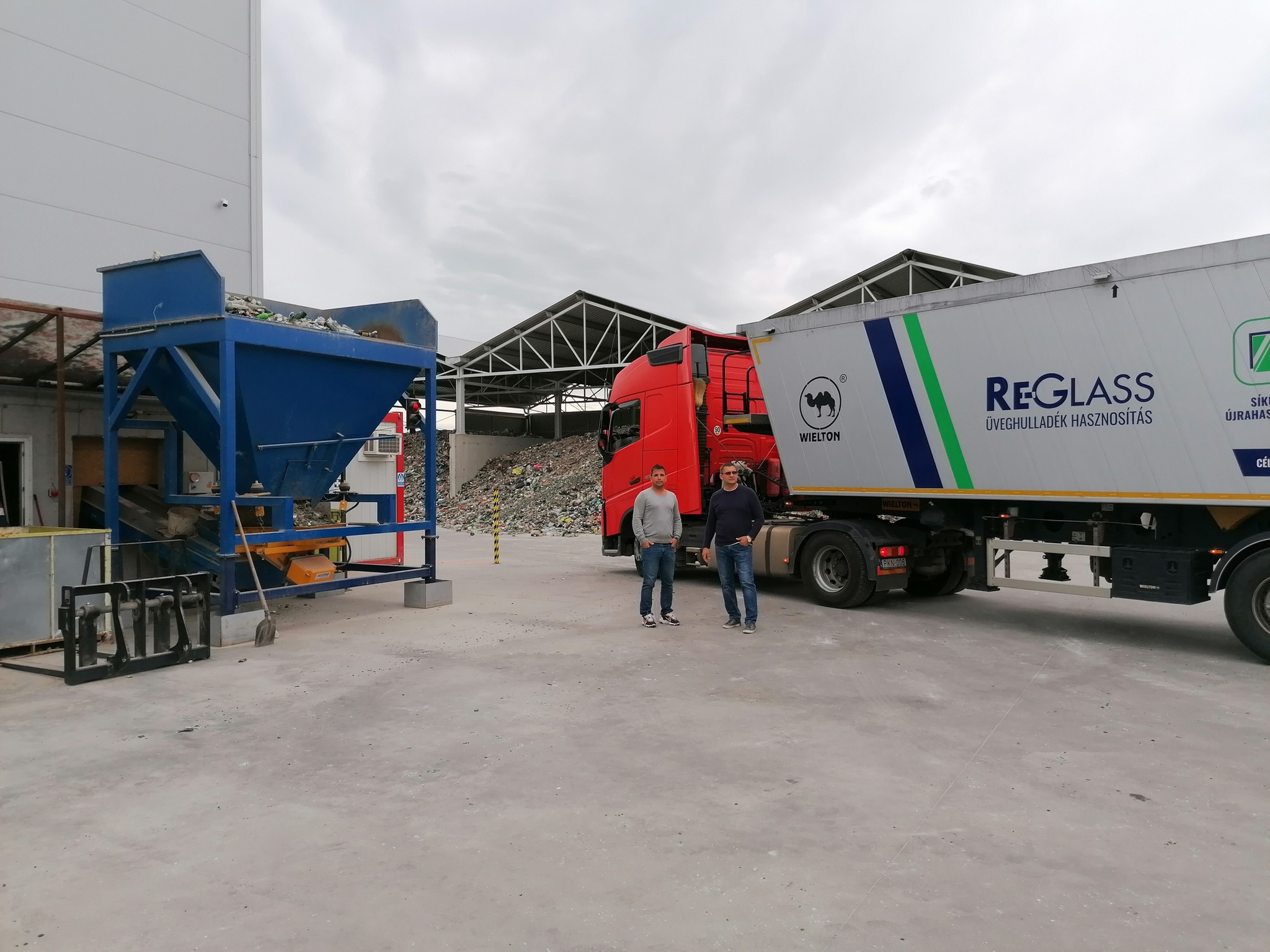
Case Studies
RE-Glass helps Hungary‘s glass recycling industry get fit for the future
Read more
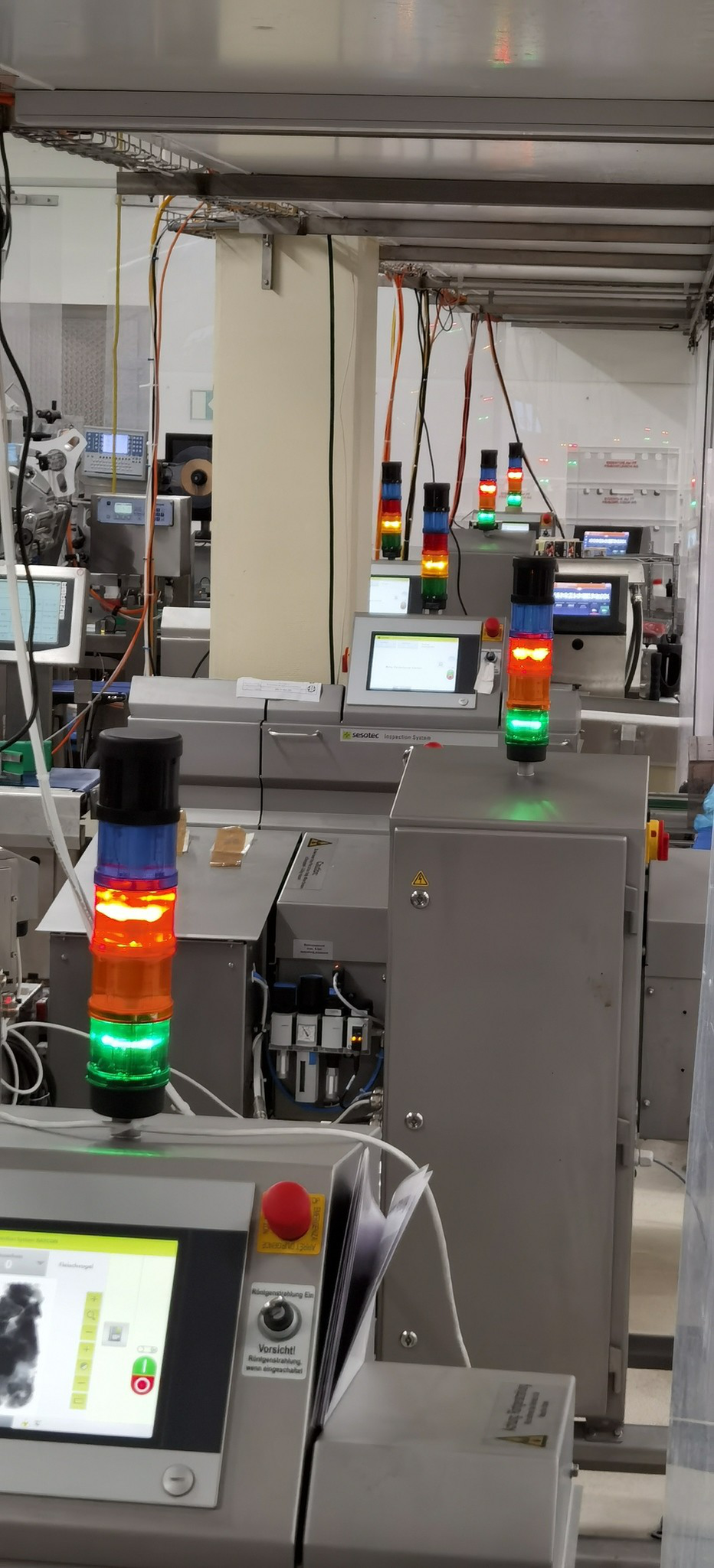.jpg)
Case Studies
SURSEE-SEMPIONE: X-ray technology enables end-to-end traceability for meat and sausage products
Read more
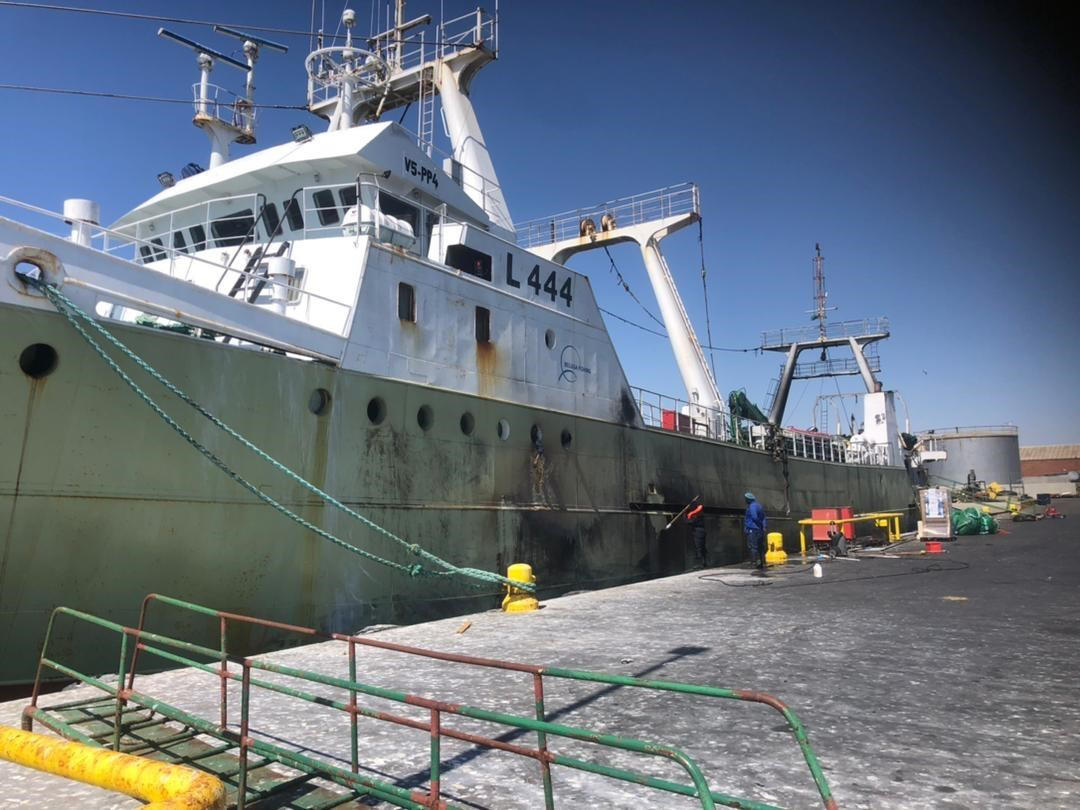.jpg)
Case Studies
TUNACOR: Metal detection for fish sausages, right on the fishing boat
Read more
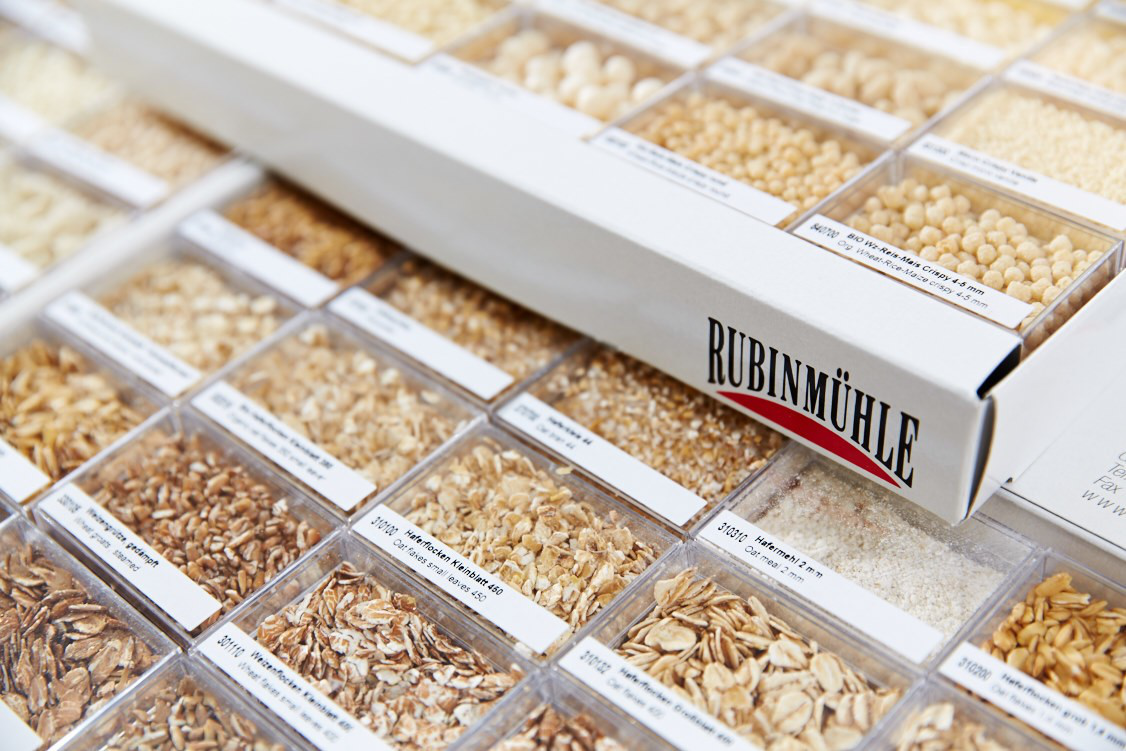.jpg)
Case Studies
RUBINMÜHLE: How one mill achieved the best possible metal detection for all processing stages
Read more
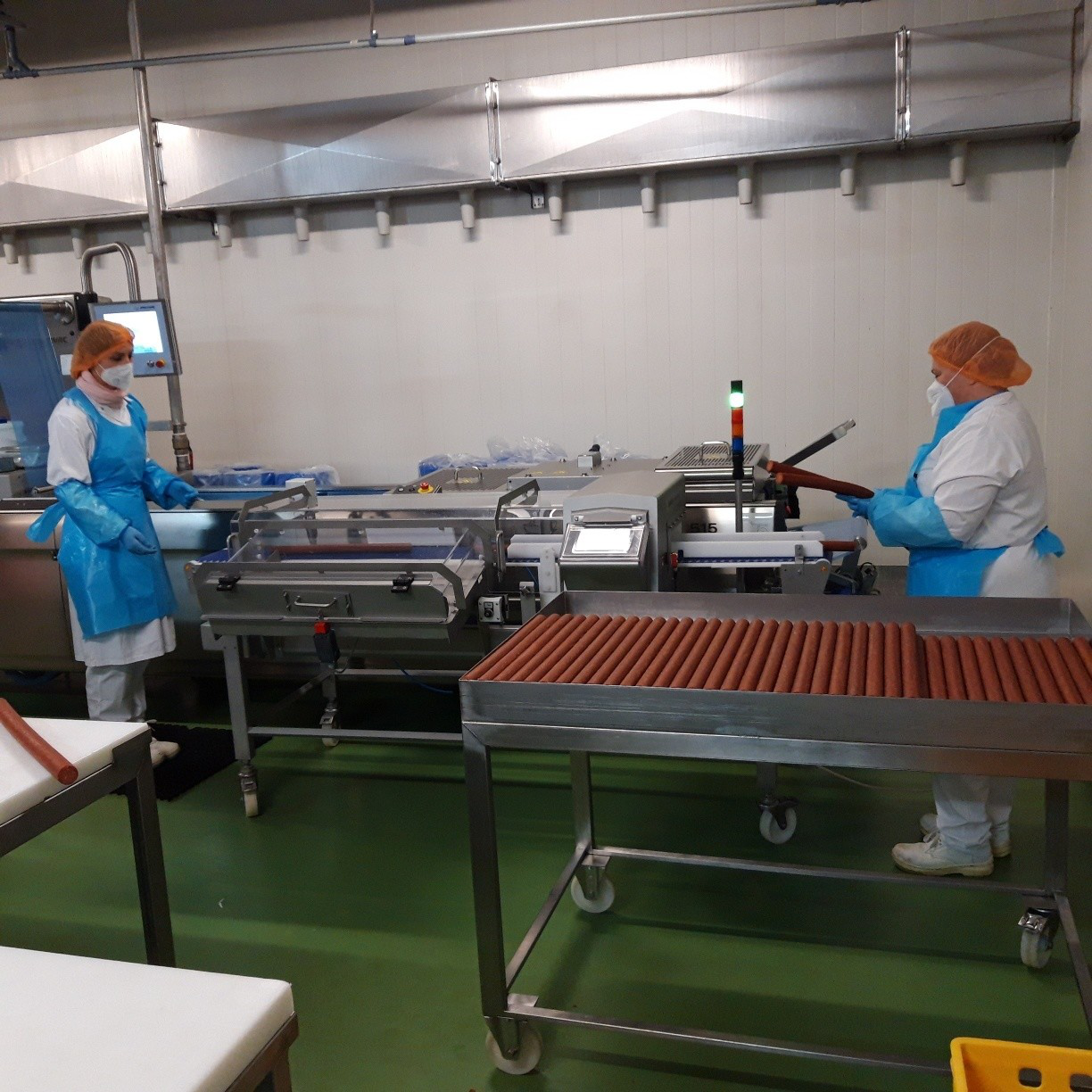.jpg)
Case Studies
LOIDL: Metal detection with AI ensures the perfect salami
Read more
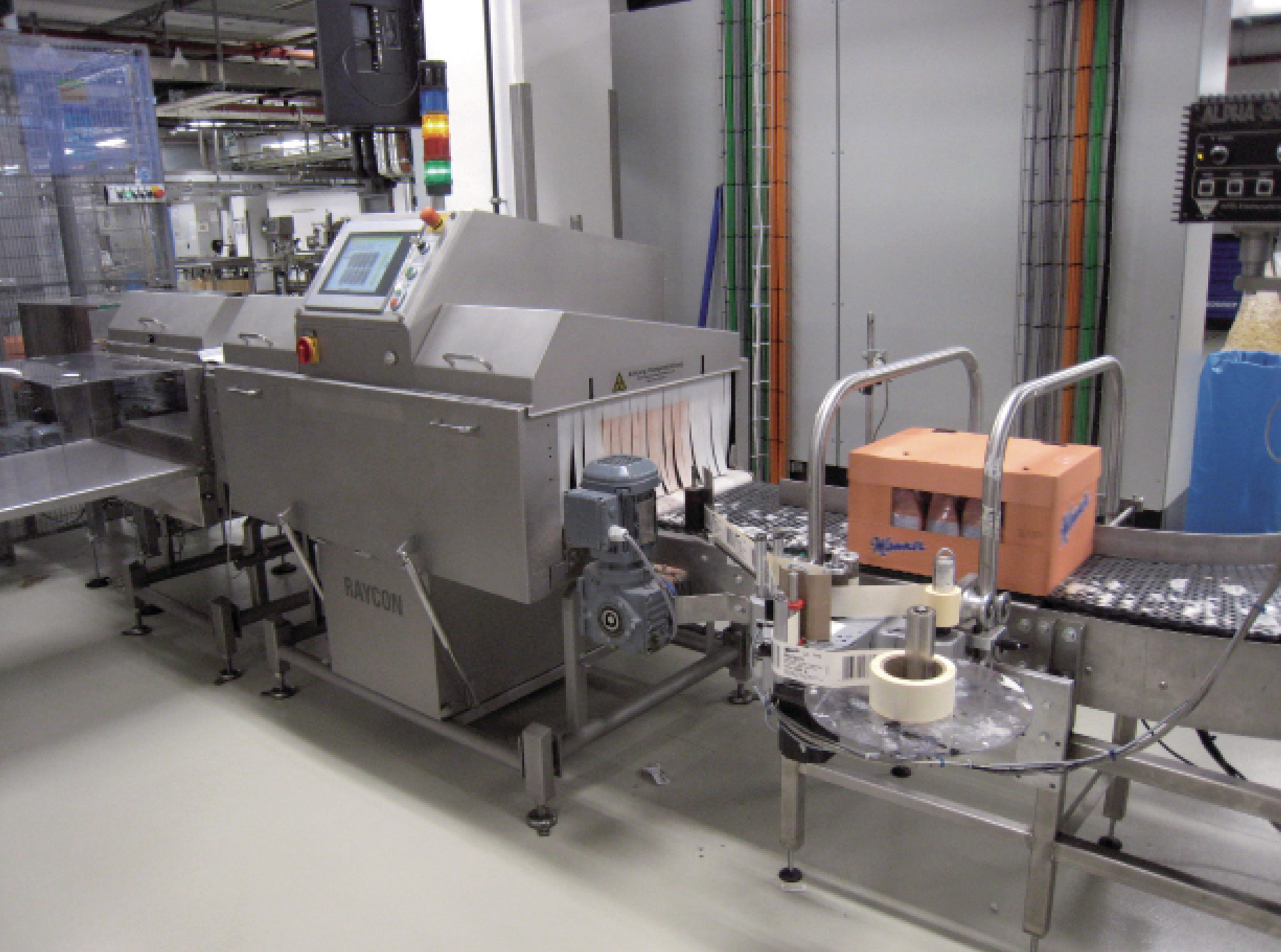
Case Studies
MANNER: X-ray inspection systems ensure top quality in MANNER products
Read more
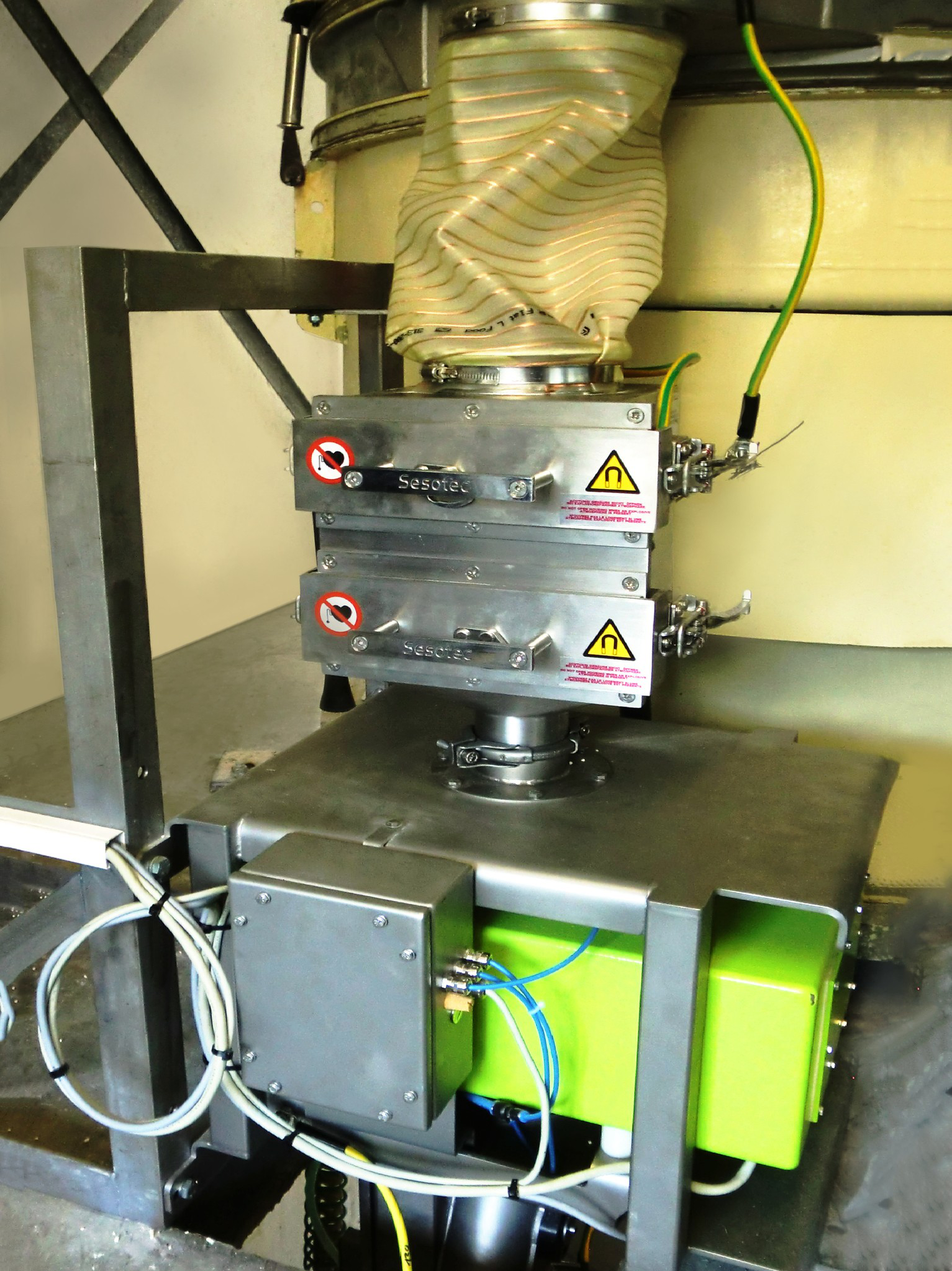.jpg)
Case Studies
SCHIRM: Product purity for chemical products through precise quality control
Read more

Case Studies
Sesotec metal detector INTUITY tested by food manufacturers
Read more

Case Studies
Pure spice mixtures in pneumatic conveyor pipes
Read more
.jpg)
Case Studies
BACKWELT PILZ: Safe bread and rolls from the Austrian Waldviertel
Read more
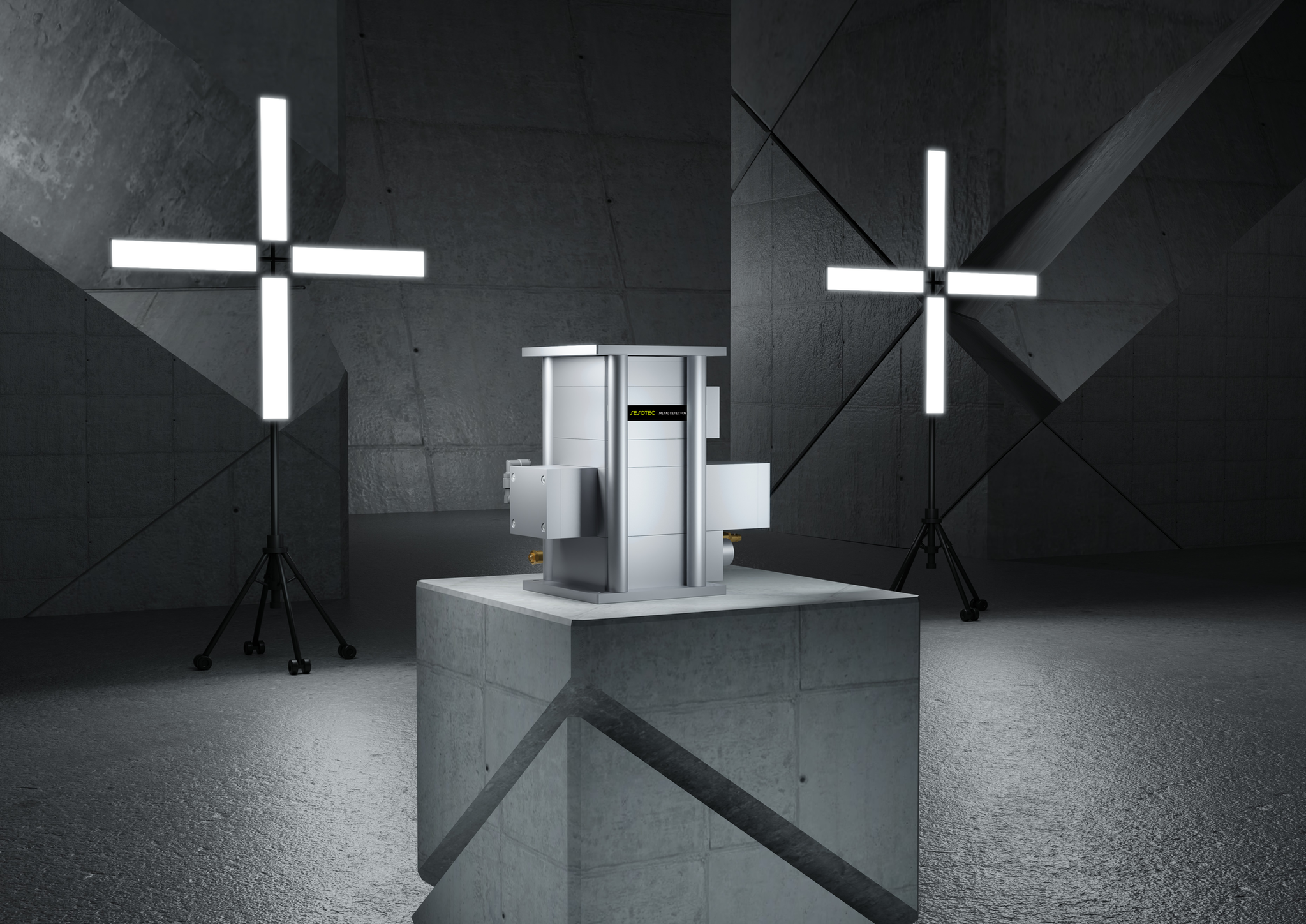
Case Studies
How a metal separator saved this plastics manufacturer 75% in maintenance costs and increased output by 20%
Read more
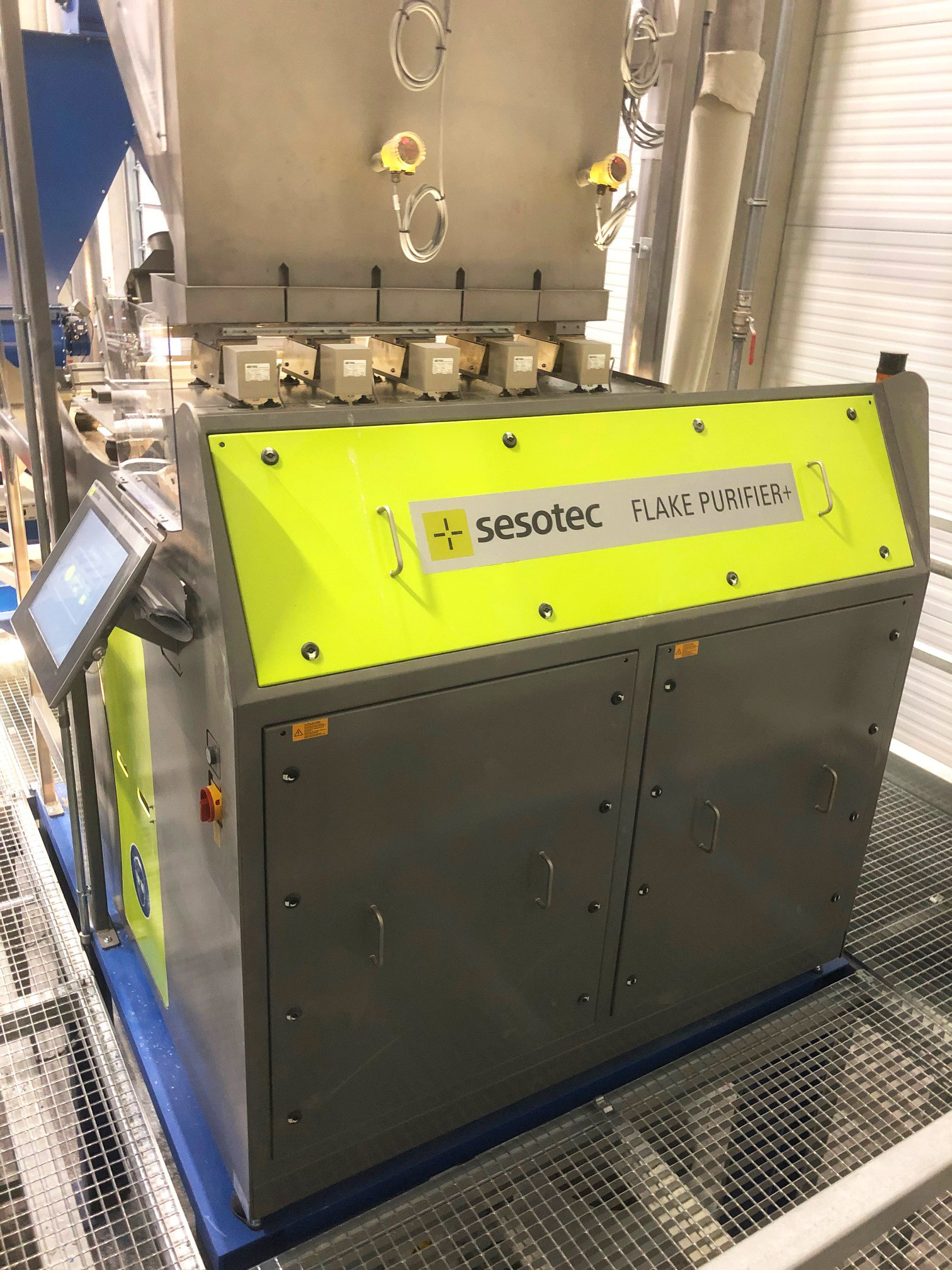
Case Studies
Reiling Kunststoff Recycling will do whatever it takes to produce the purest flakes
Read more

Case Studies
German metal detection technology for American flour mill
Read more

Case Studies
CIPSA: Machine protection during PVC granulation
Read more
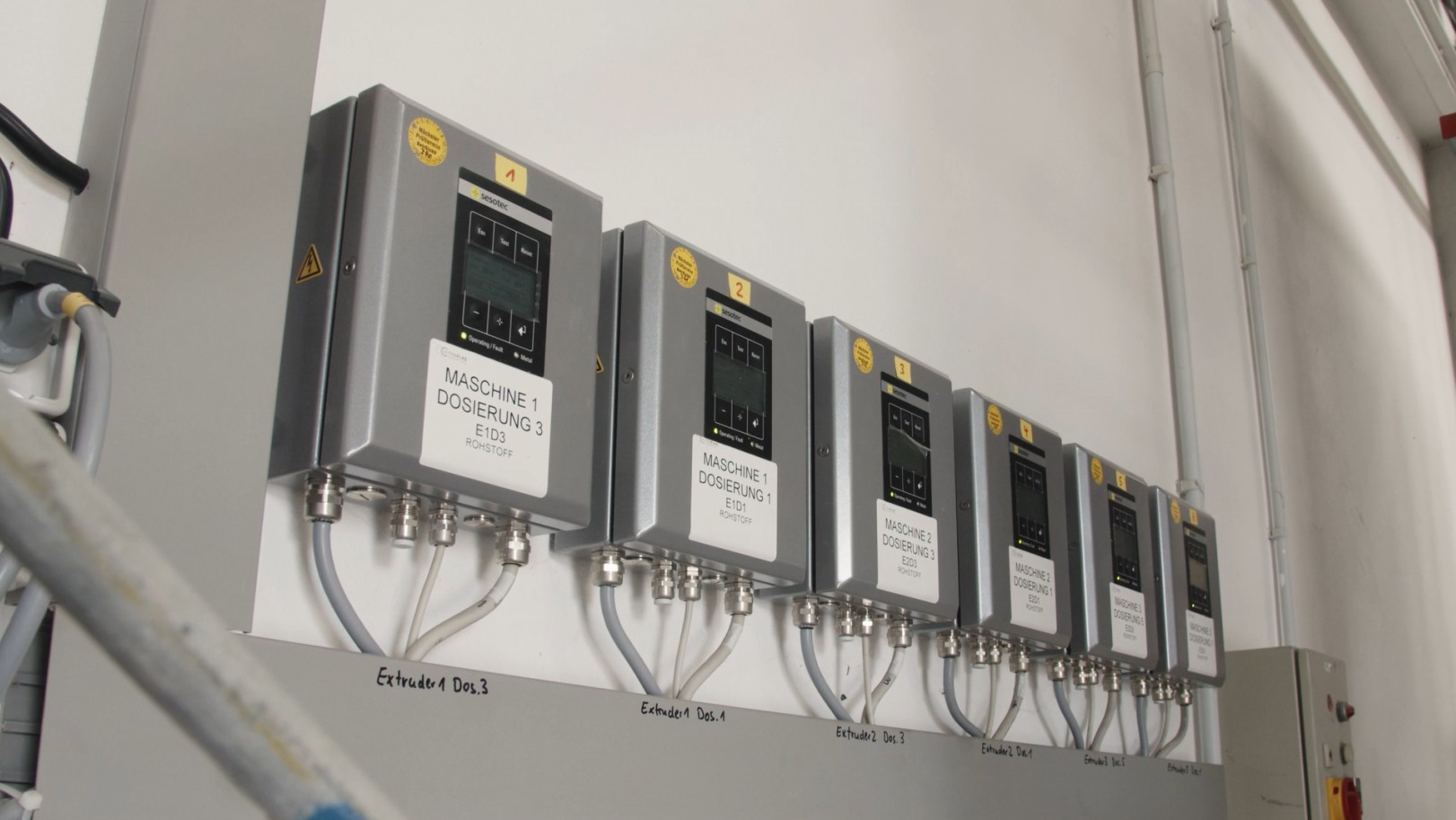.jpg)
Case Studies
SITRAPLAS: OPC UA for production without machine downtime
Read more
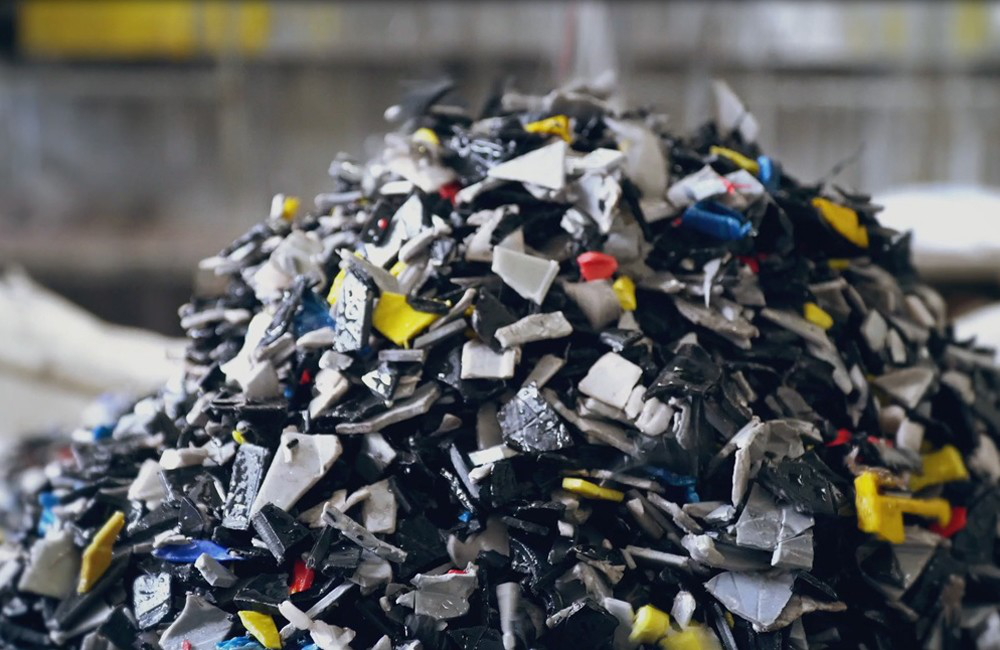
Case Studies
SITRAPLAS: Risk-free recyclate processing
Read more
.JPG)
Case Studies
ALTES GEWÜRZAMT: Top x-ray technology for spices with top quality
Read more
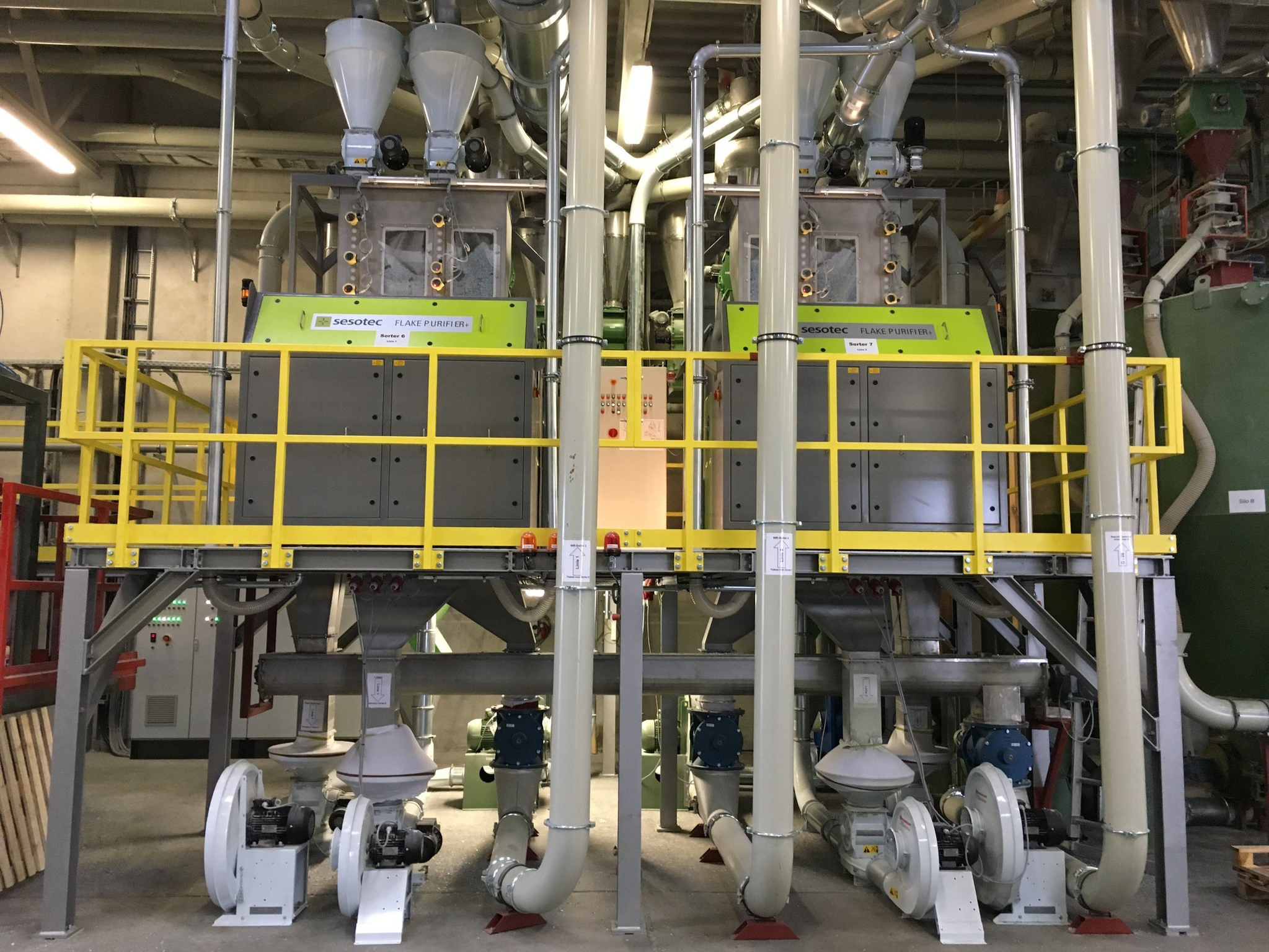.jpg)
Case Studies
MultiPET: High-quality PET recyclate for the plastics processing industry
Read more
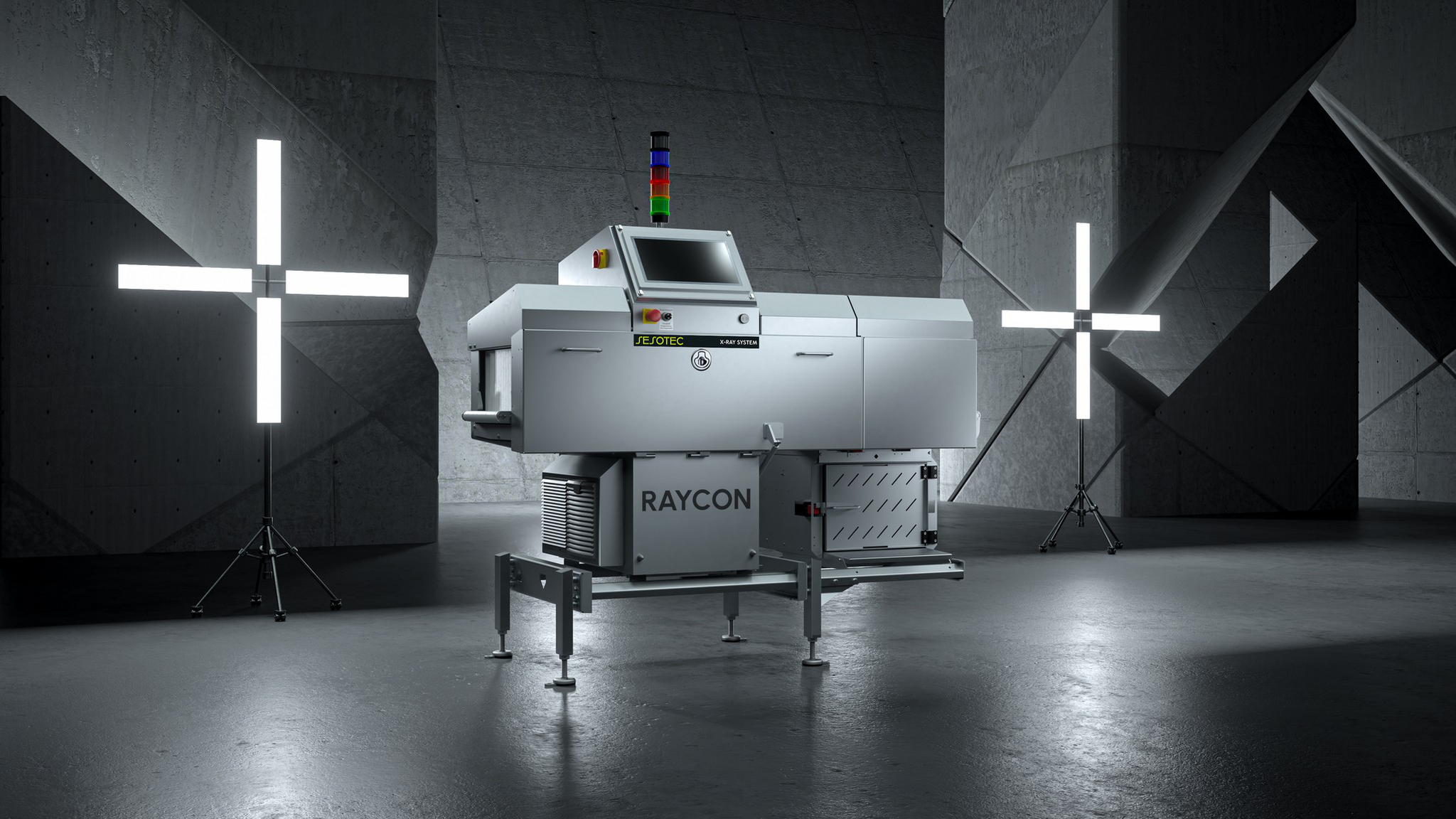
Case Studies
Reliable X-ray inspection of metallised packaging
Read more

Case Studies
X-ray inspection system helps to accomplish SQF certification
Read more
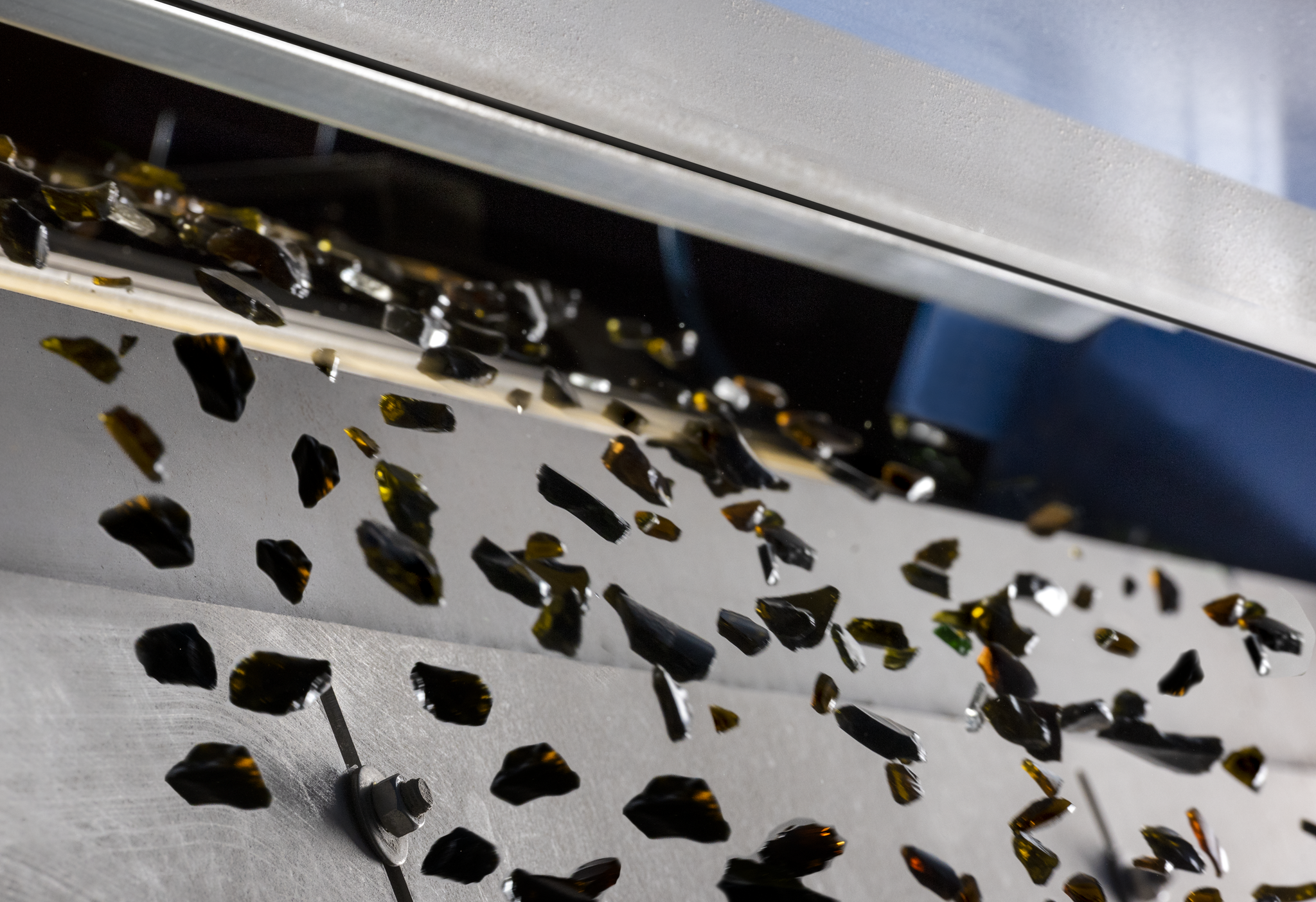
Case Studies
Sesotec systems in Ireland’s most advanced glass recycling facility
Read more
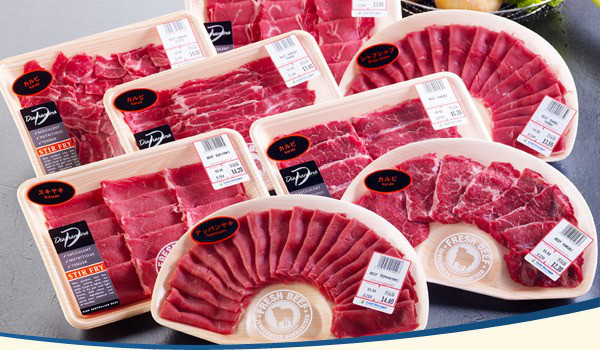.jpg)
Case Studies
KSB: Safe inline metal detection for fresh and processed meat
Read more
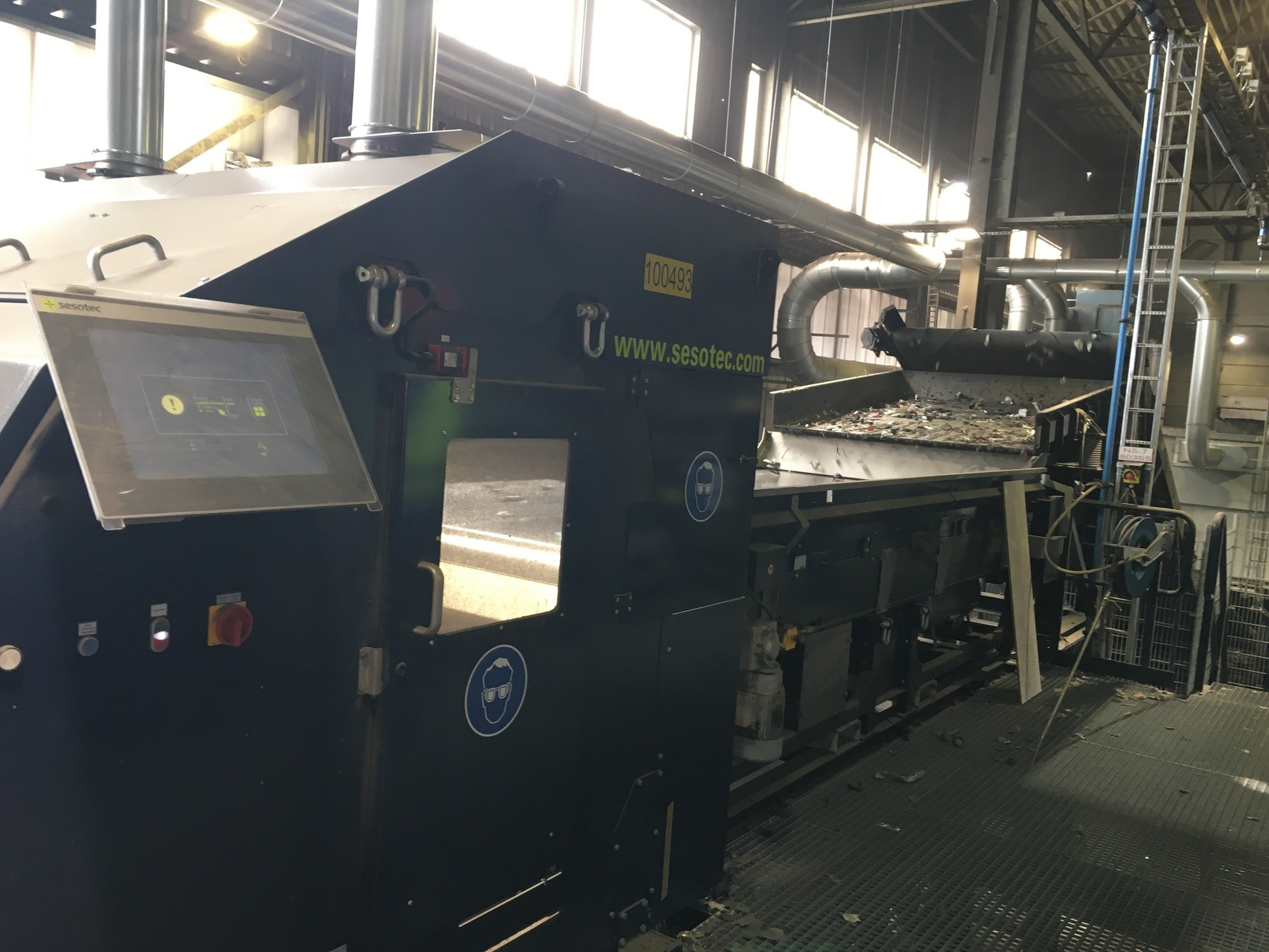
Case Studies
Sesotec sorting systems for globally leading e-scrap recycler
Read more
Case Studies
FISKER: Detectors protect frozen fish products from metal contamination
Read more
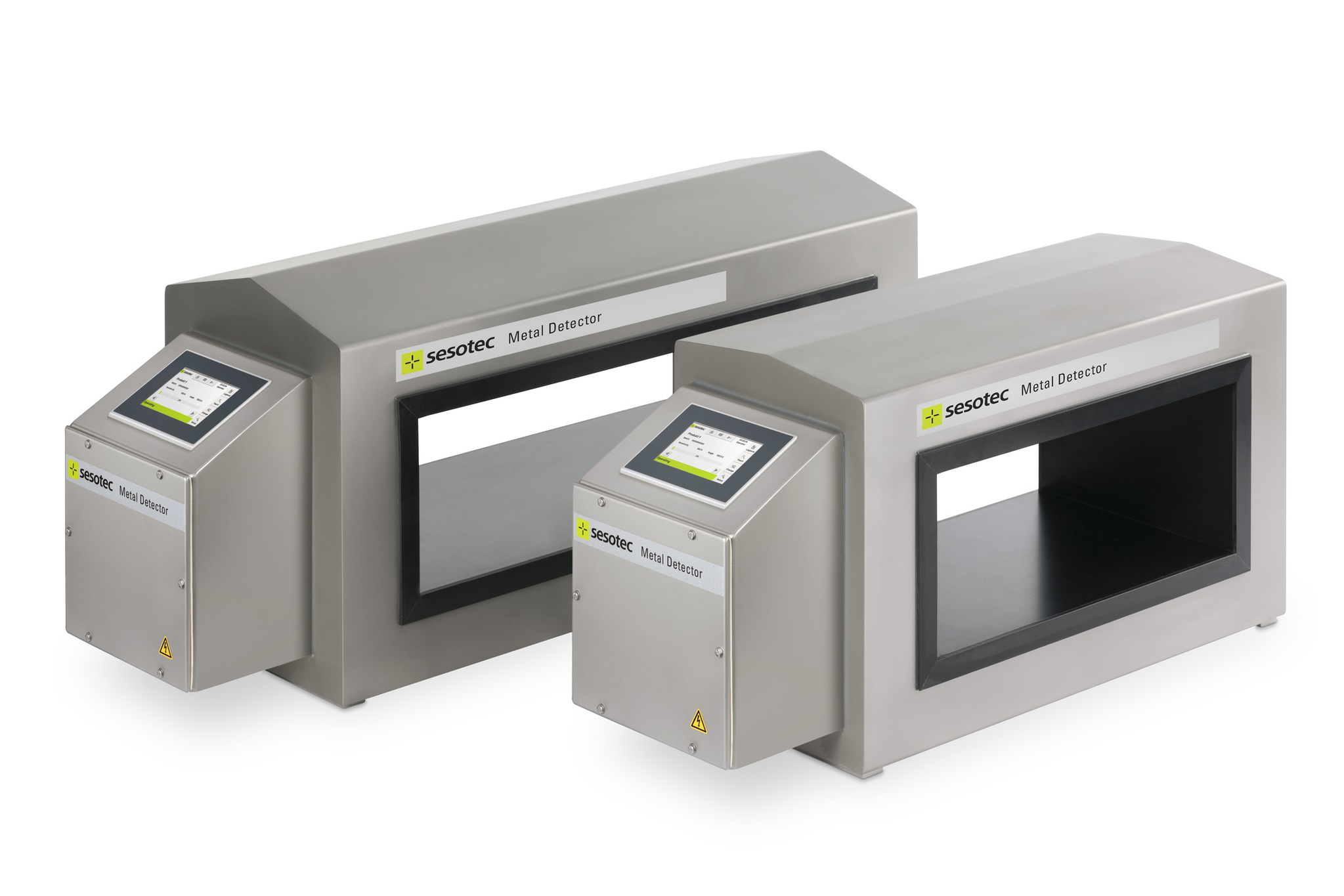
Case Studies
CY HANDEE: Metal Detector for the Quality Inspection of Rubber Mats
Read more
.JPG)
Case Studies
HASPEL: Metal detection for the safety and purity of meat products
Read more
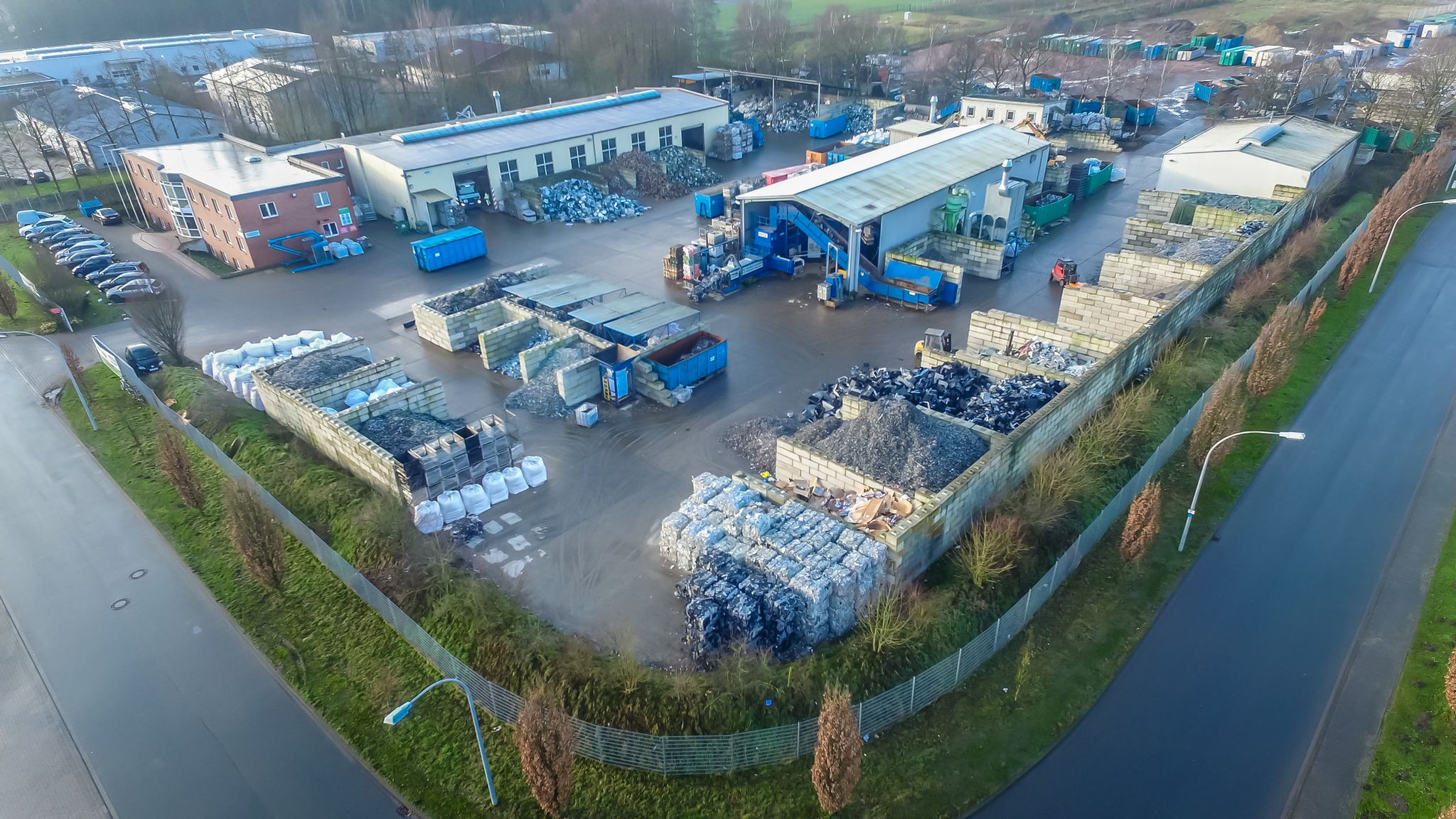.jpg)
Case Studies
HENNEMANN: Recycling of Electrical and Electronic Waste
Read more
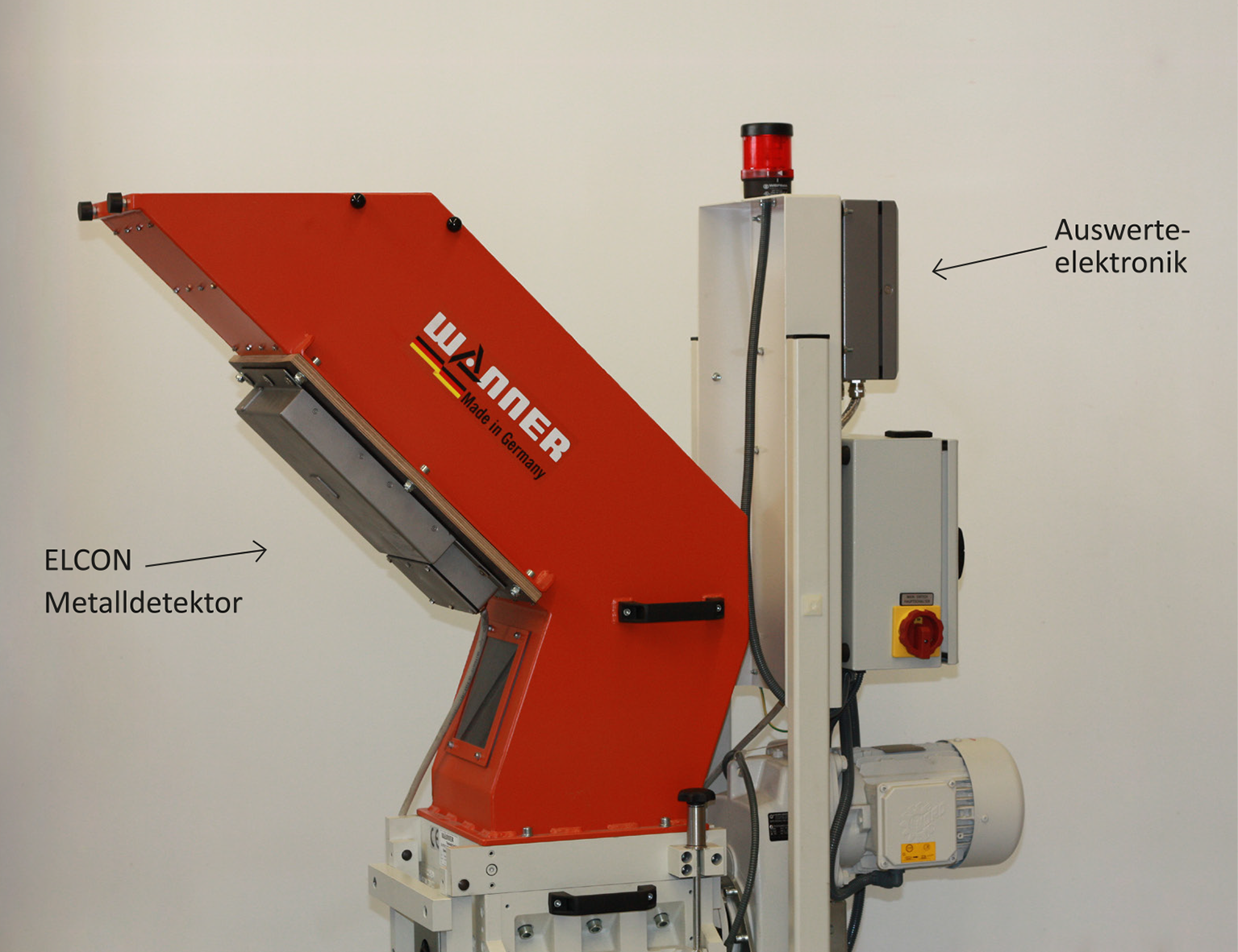
Case Studies
WANNER: Metal detector protects Wanner granulators from damage
Read more

Case Studies
X-ray systems contribute to food safety for Tuna filets
Read more
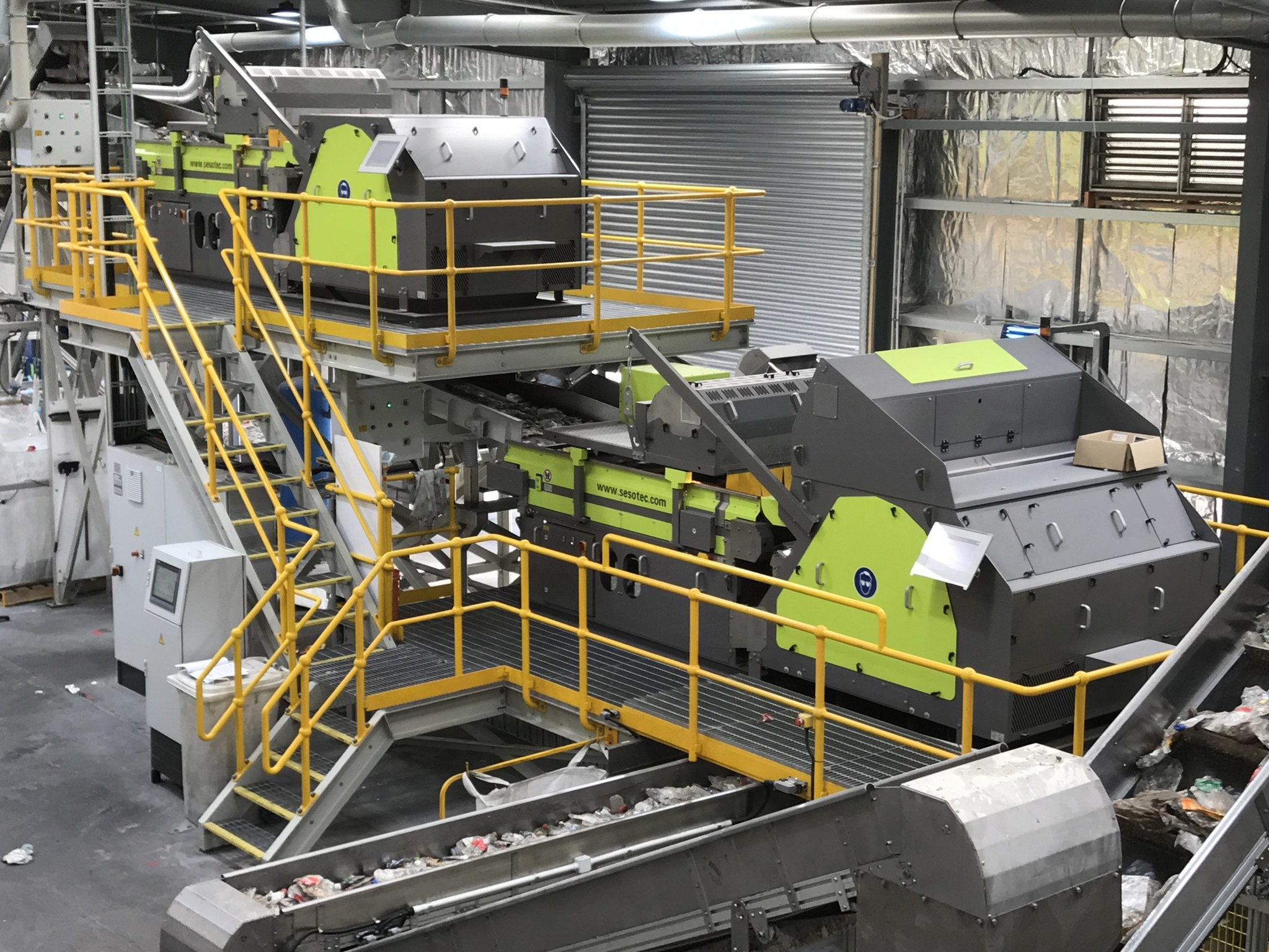.jpg)
Case Studies
Sesotec secures supply of recycled PET material
Read more

Case Studies
XPACK: Maximal productivity of an injection machine without downtime
Read more
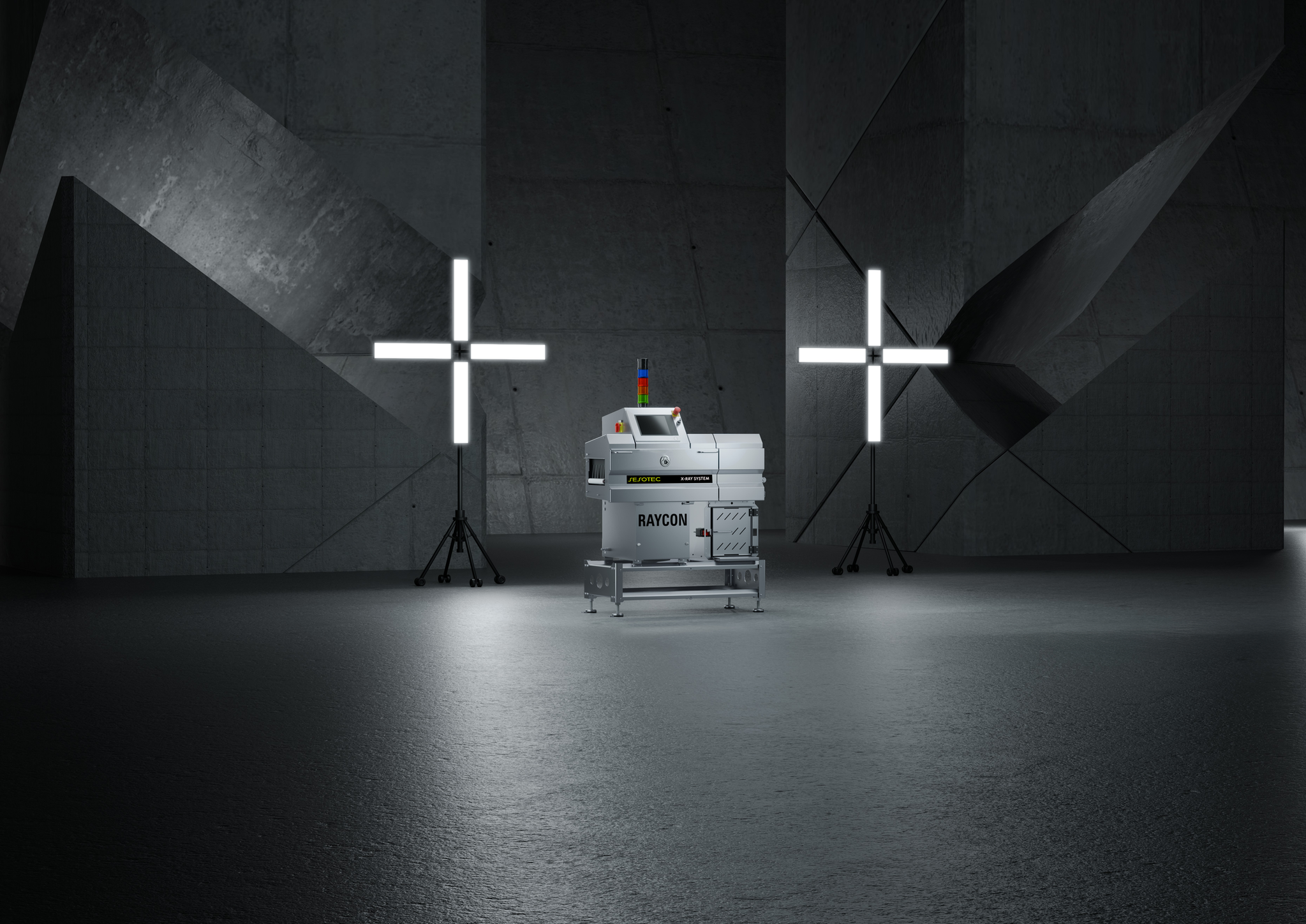
Case Studies
KHAO SHONG: X-Ray technology for inspection of coffee in metalized packs
Read more
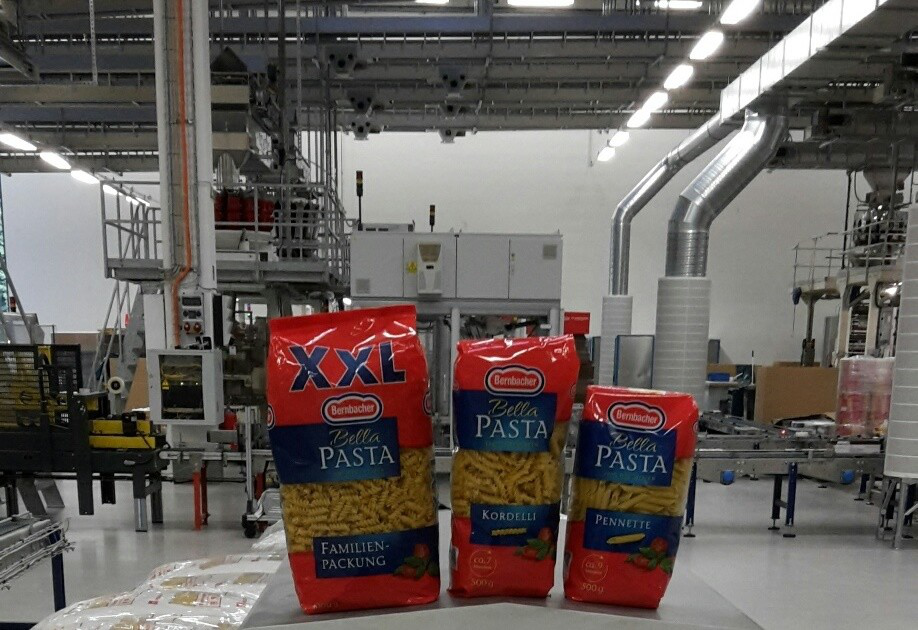.jpg)
Case Studies
BERNBACHER: High scanning sensitivity for all metals at the noodle filling
Read more
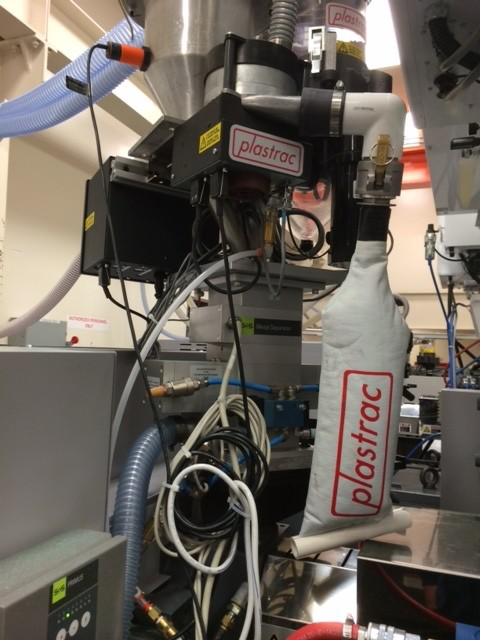.jpg)
Case Studies
Metal Separators Optimise the Production of Syringes, Infusion Adapters & Blood Tubes
Read more
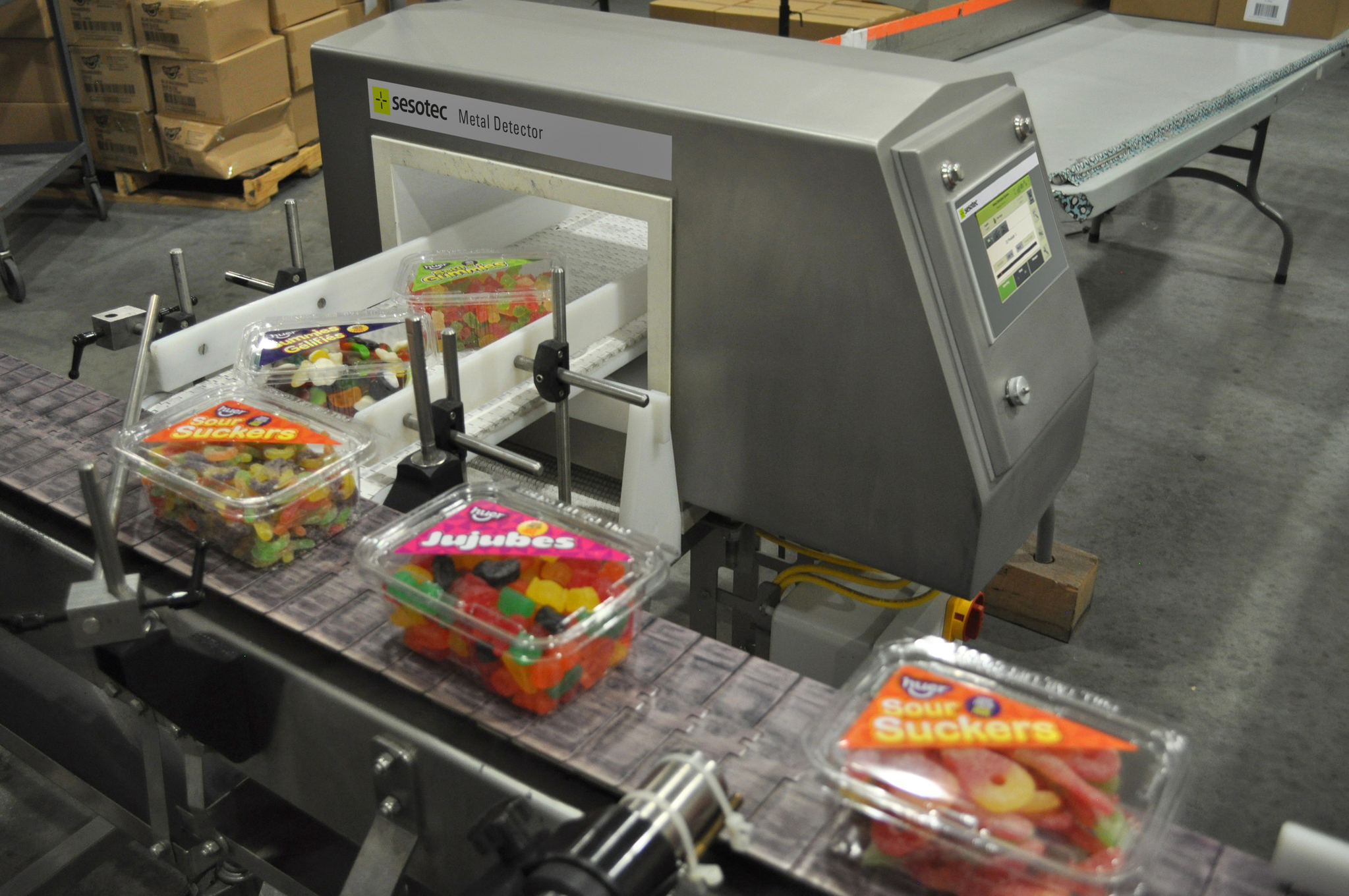
Case Studies
Huer Foods impose the highest quality standards for safe food
Read more
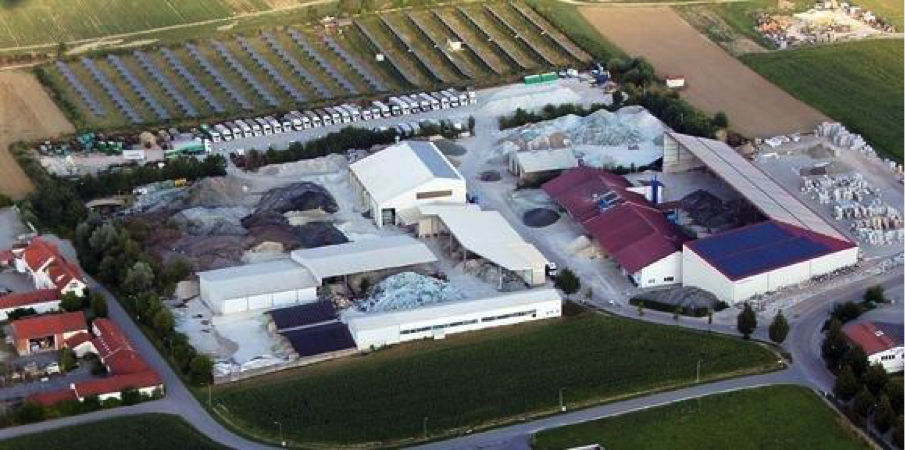.png)
Case Studies
Glass Sorting with Sesotec Sorting Systems at Schirmbeck Glasrecycling GmbH
Read more
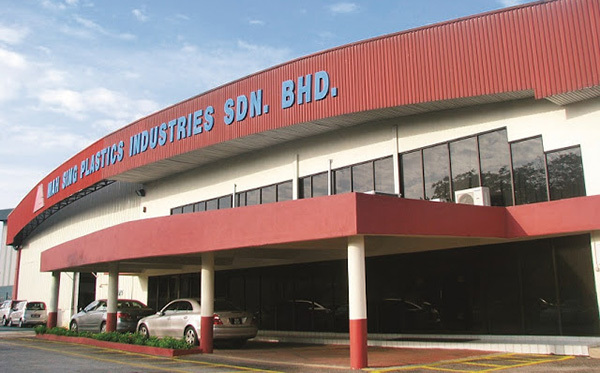
Case Studies
MAH SING: Production security through machine protection
Read more
.JPG)
Case Studies
GREEN MIND: PET Flakes in Highest Quality
Read more
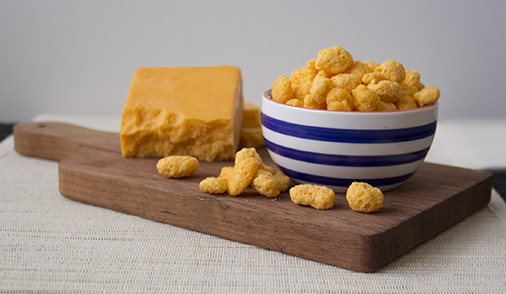.jpeg)
Case Studies
Nutradried Creations uses Sesotec X-ray Inspection System RAYCON
Read more

Case Studies
BTB PET: Considerable reduction of waste with Sesotec Sorting Systems
Read more
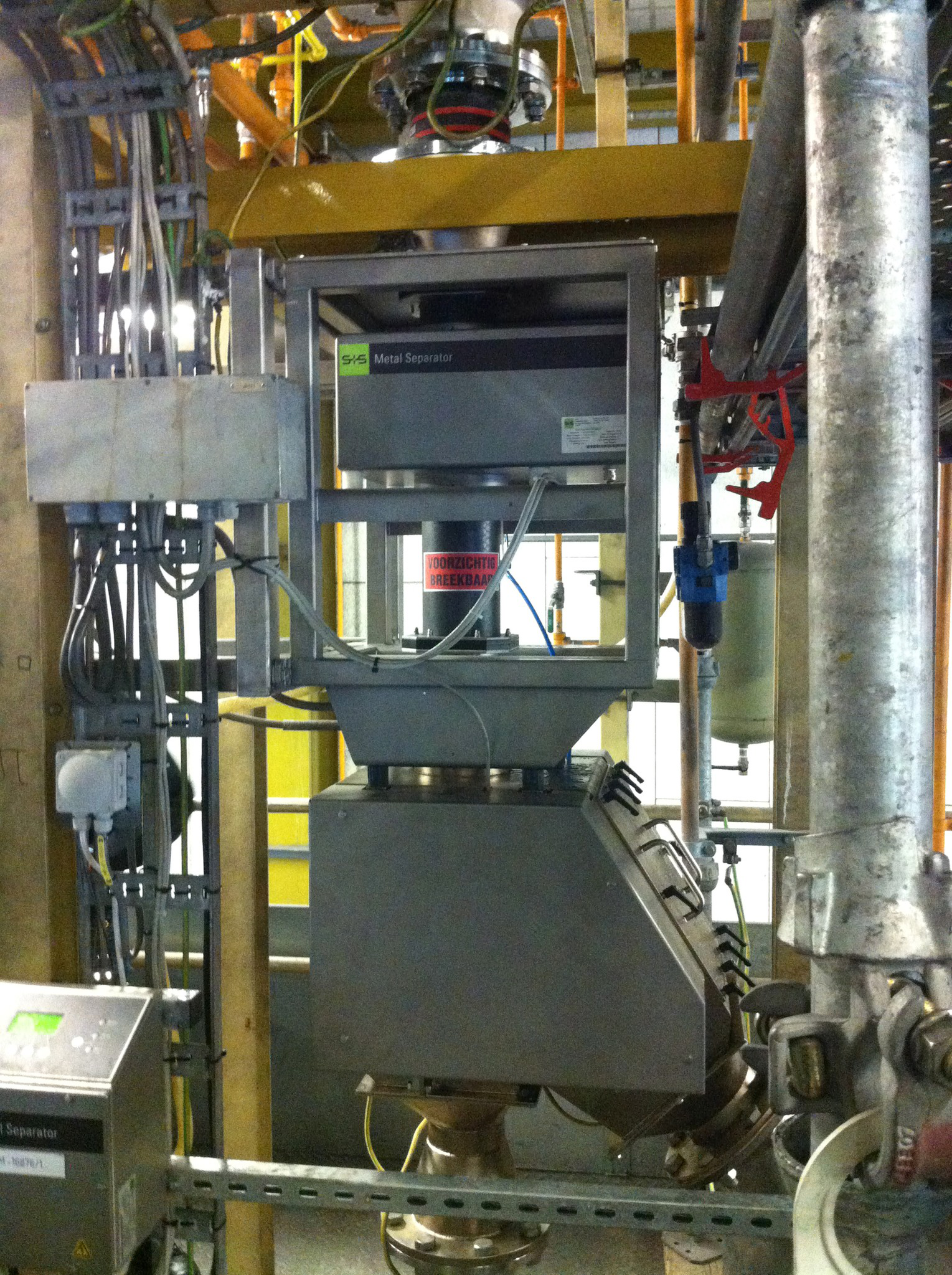.jpg)
Case Studies
SABIC chooses Sesotec high performance metal separator RAPID PRO-SENSE
Read more
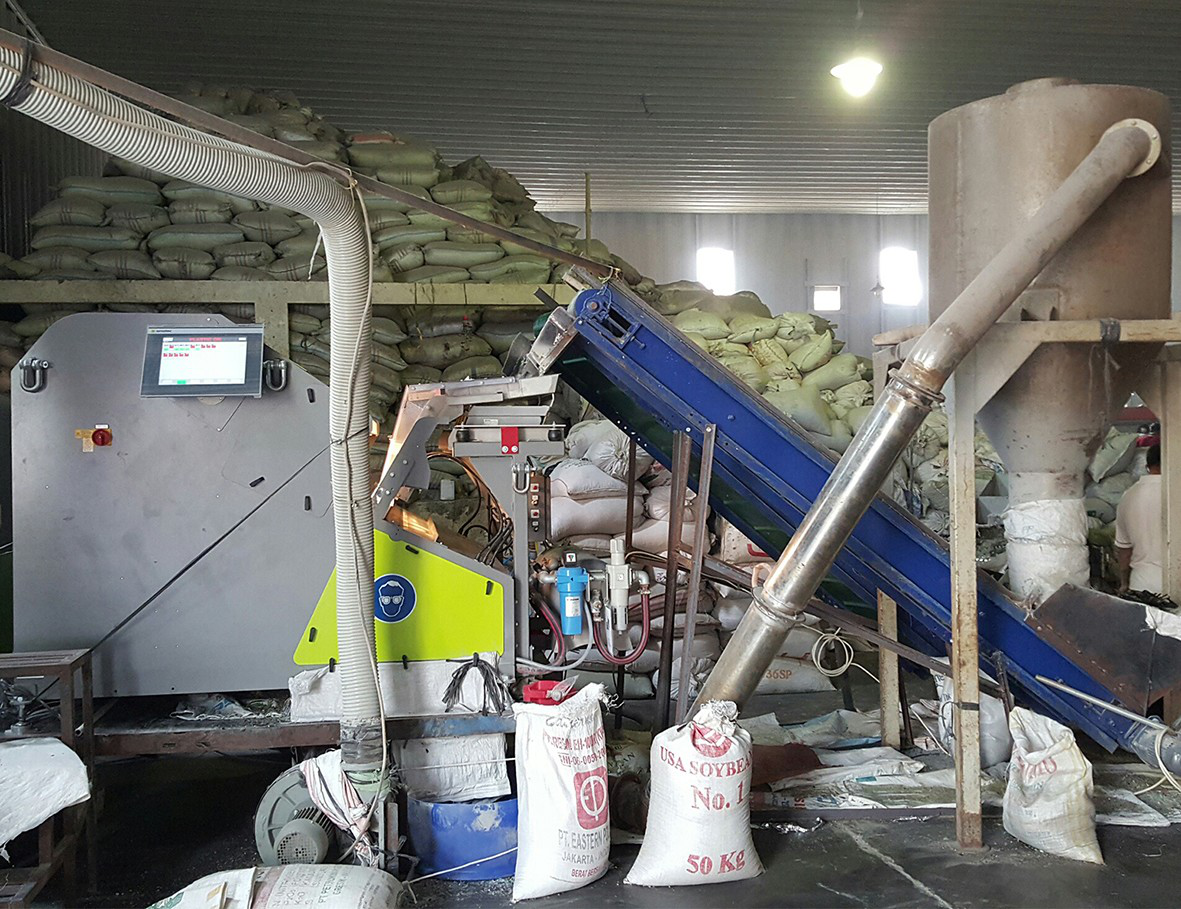.jpg)
Case Studies
REJEKI: Purification of plastic flakes
Read more
.jpg)
Case Studies
180 DEGREES Selects Sesotec Metal Detectors
Read more
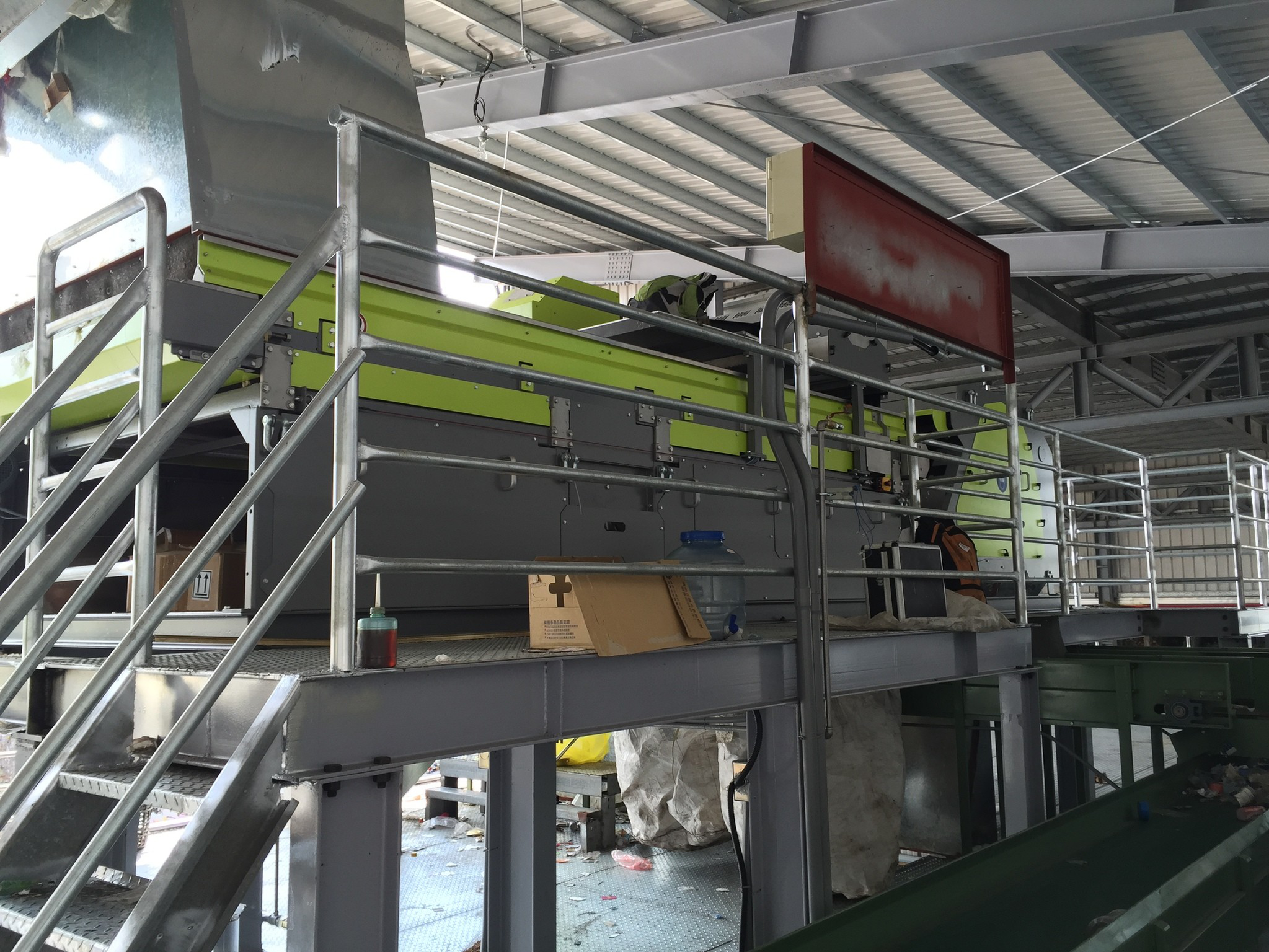.jpg)
Case Studies
TONG YI: Sesotec Sorting – Fast, Reliable, Pure
Read more
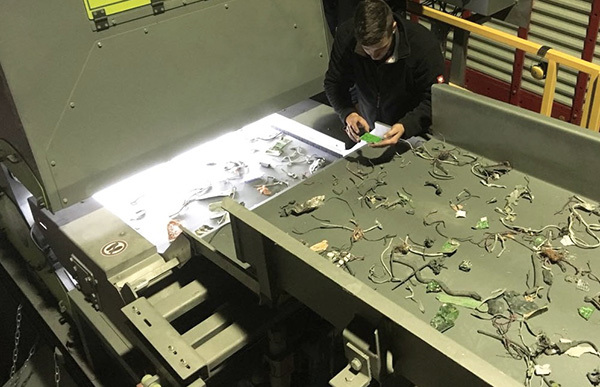.jpg)
Case Studies
MB-Sort : High-precision material sorting for small to medium-sized fractions
Read more
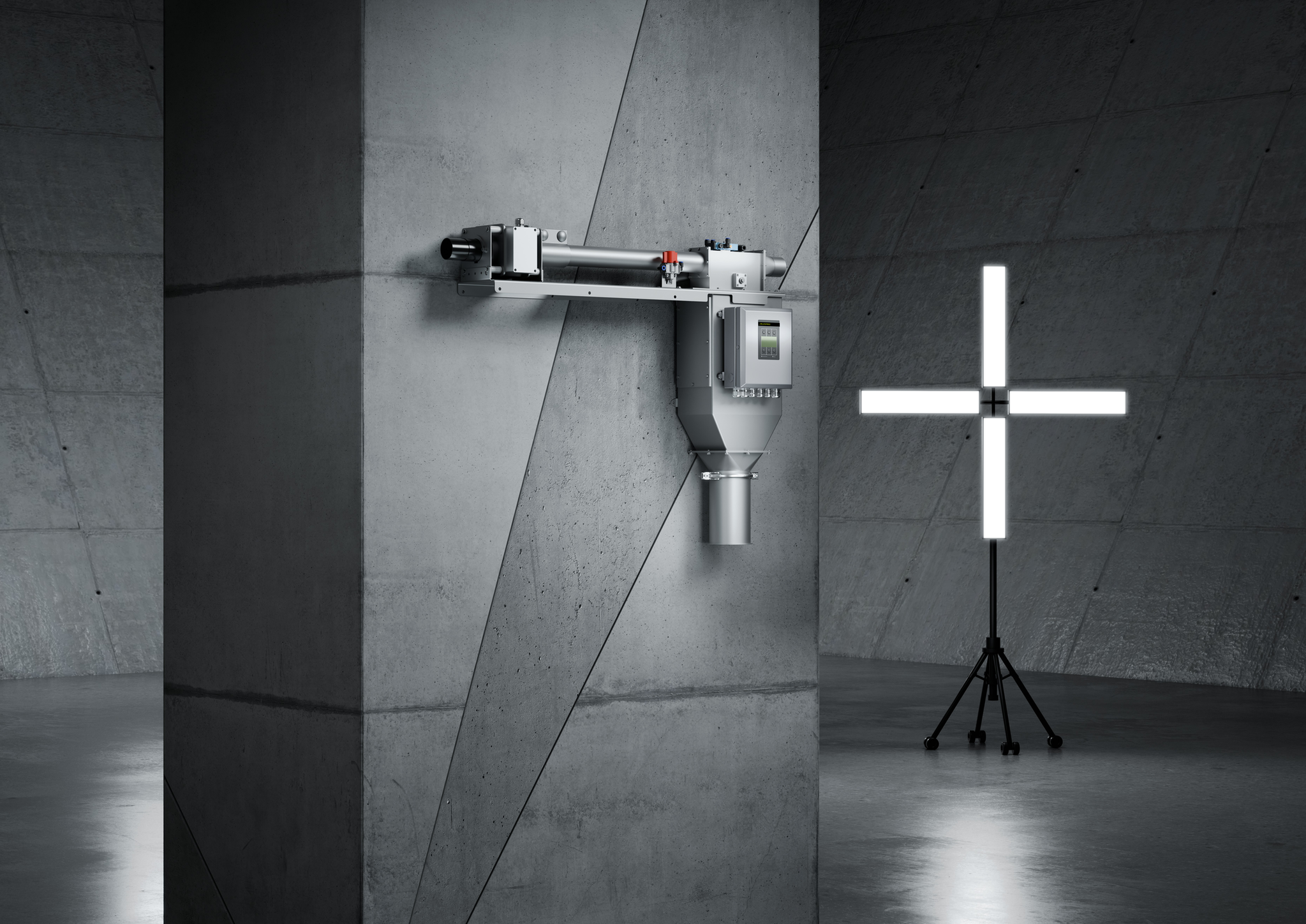
Case Studies
Metal separators allow economic processing of regenerated material
Read more
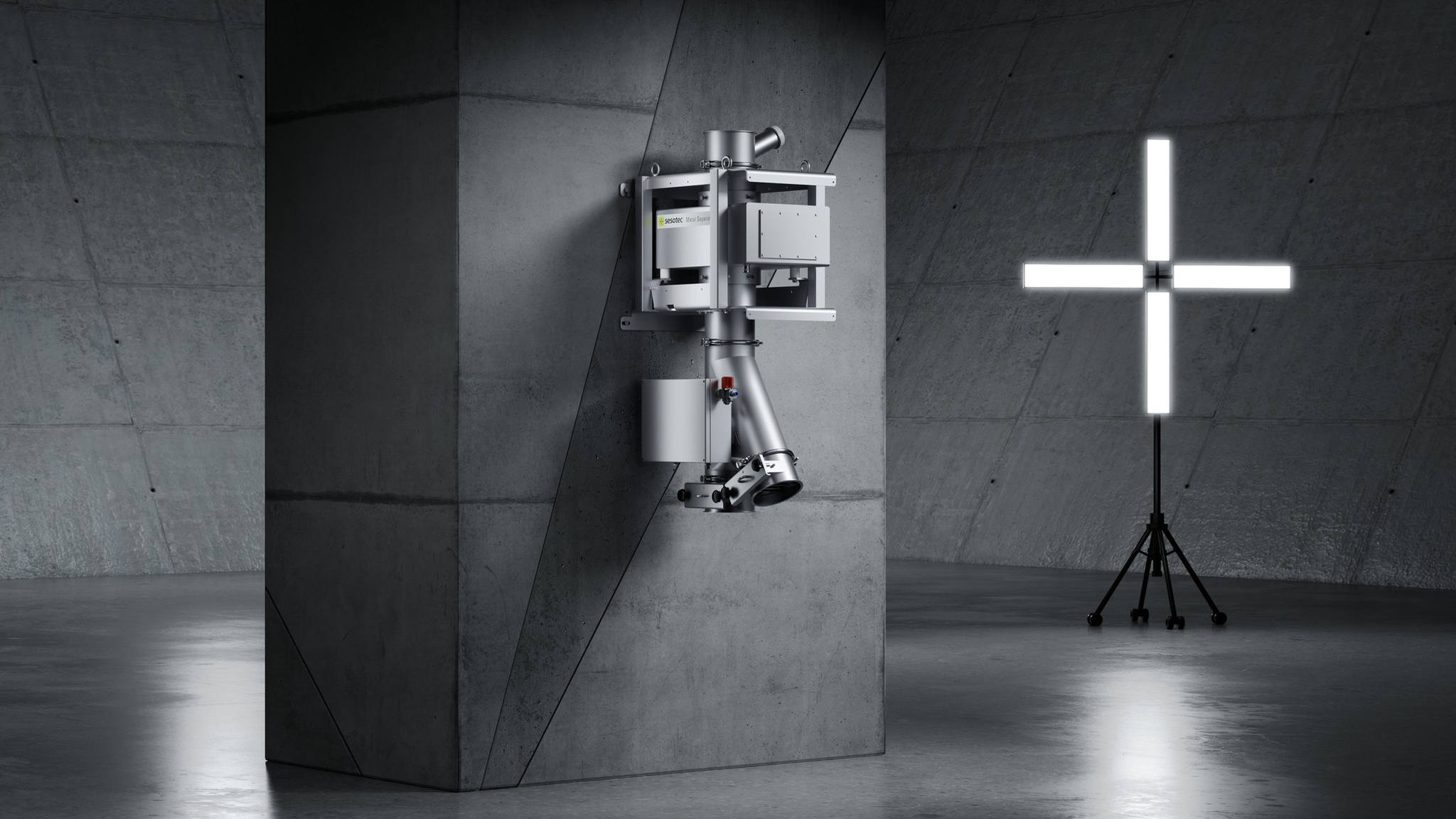
Case Studies
ALMI: Metal separators inspect flavourings and spices
Read more

Case Studies
Aptar relies on Sesotec Metal Separators for machine protection
Read more
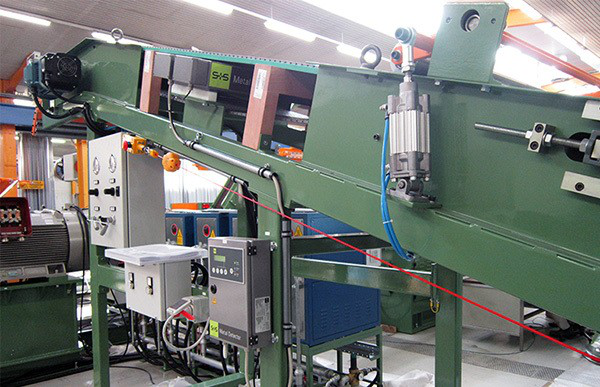
Case Studies
Marangoni Installs Sesotec Metal Detectors
Read more
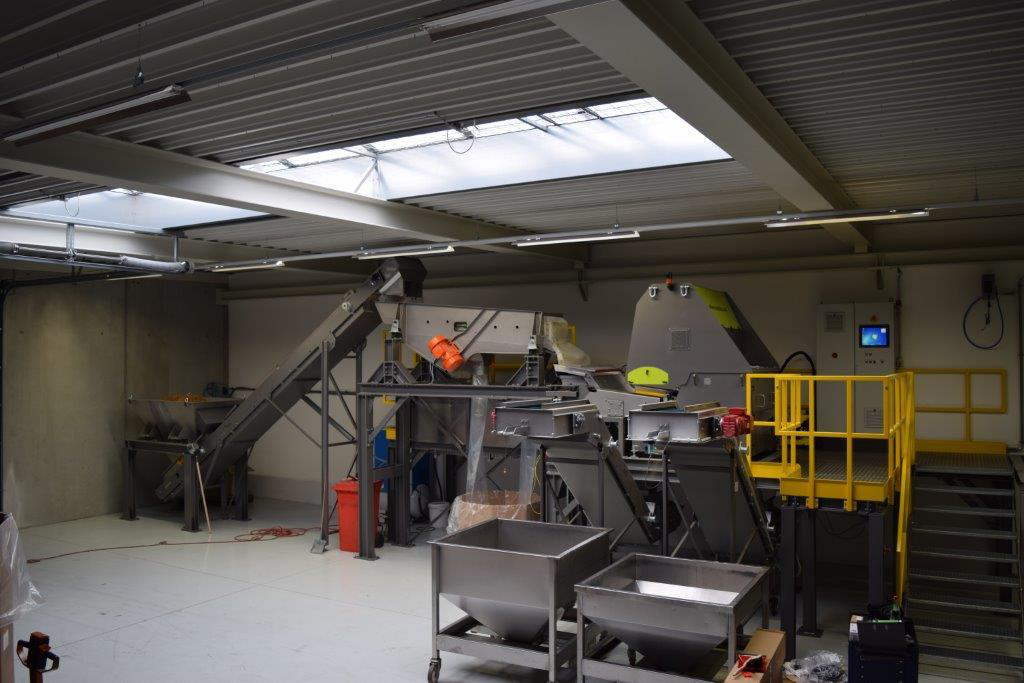
Case Studies
THERMOPLASTKREISLAUF: Optical Sorting is the Core of the Cycle
Read more
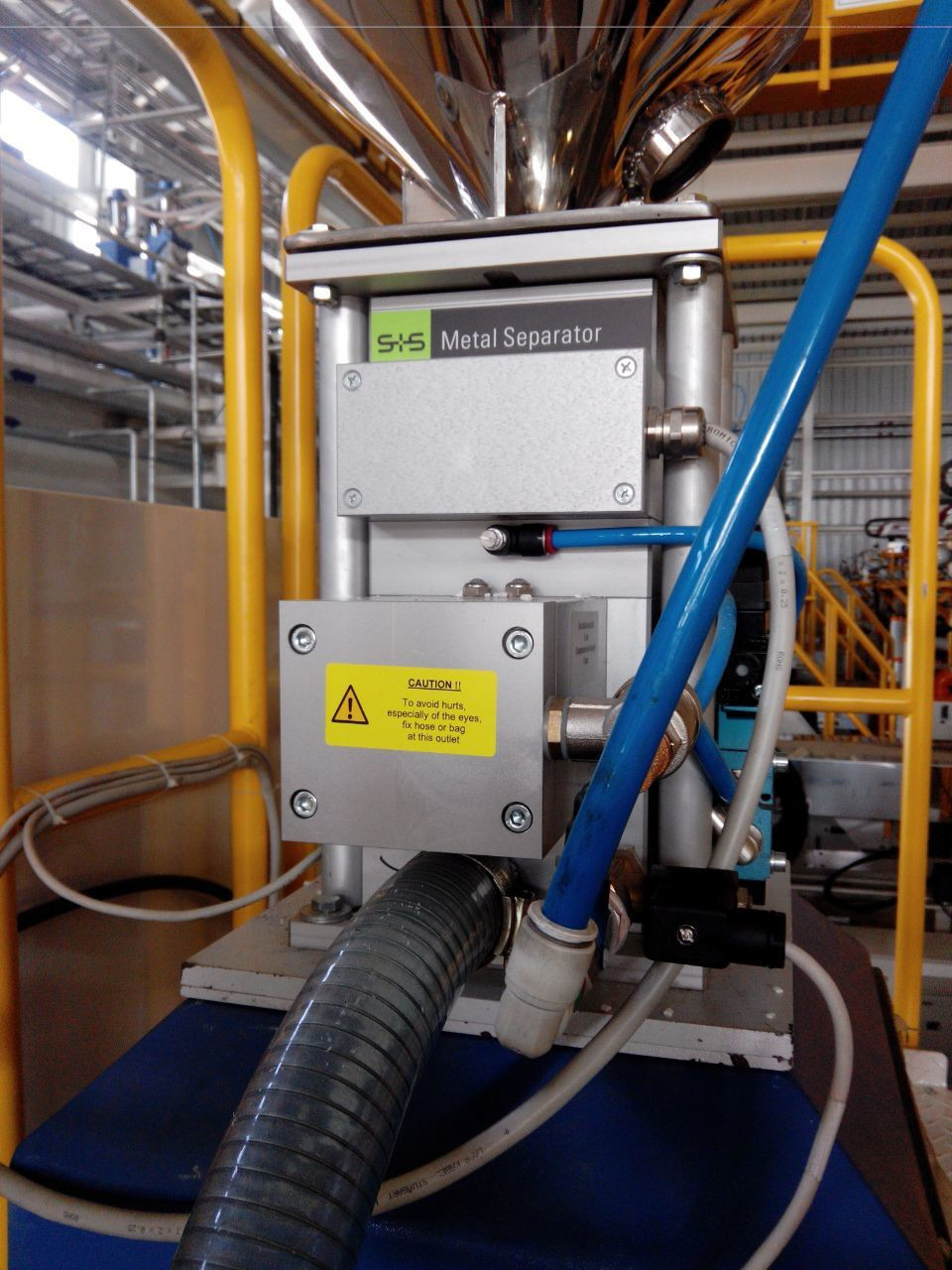.jpg)
Case Studies
SUZUKI: Metal separators increase the productivity of injection-moulding machines
Read more
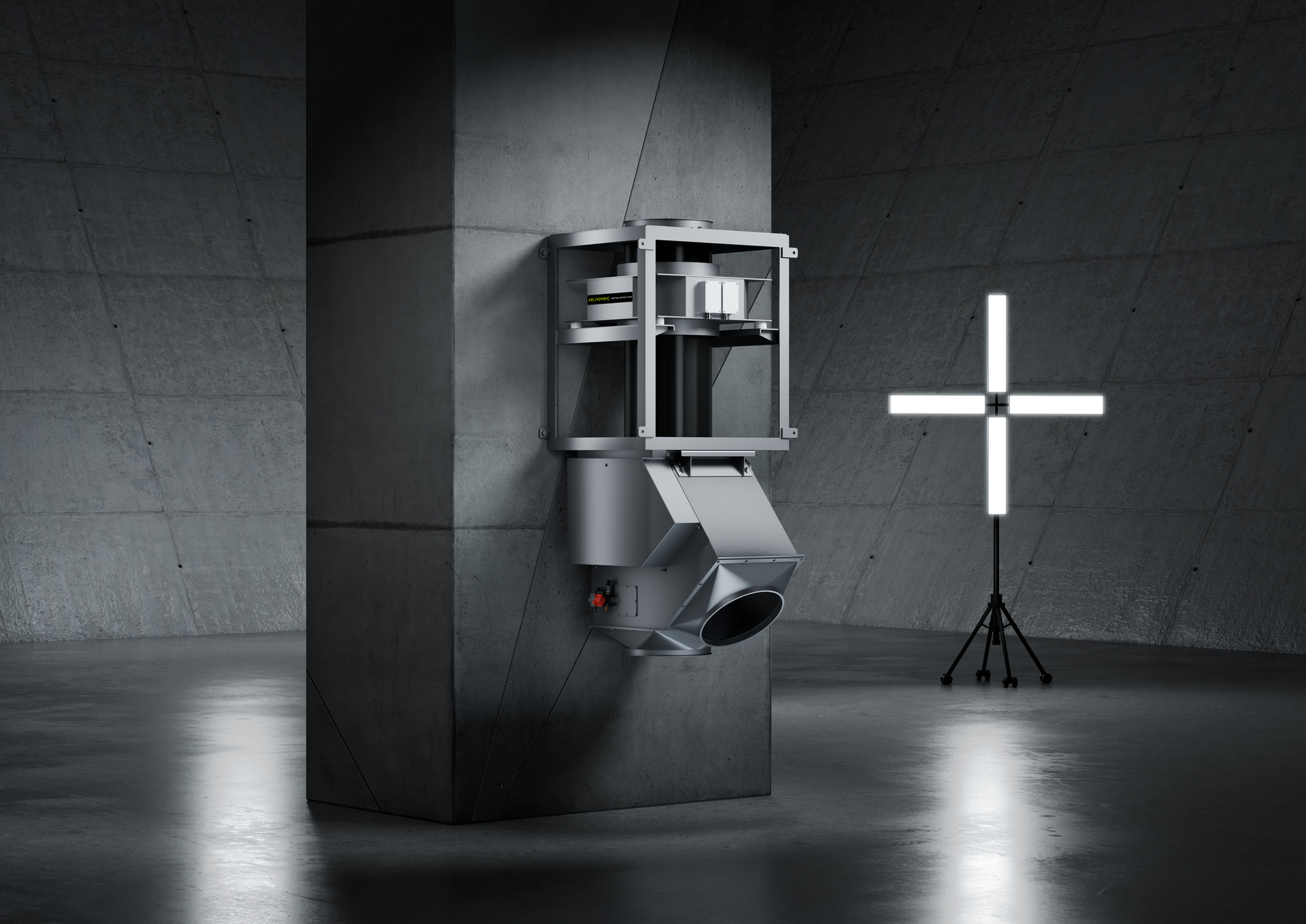
Case Studies
For decades Brückner has been relying on Sesotec metal separators
Read more
.JPG)
Case Studies
ANDRITZ: High-quality plastics from waste electrical equipment
Read more

Case Studies
Kalustyan – Quality Systems based on Global Food Safety Initiatives
Read more
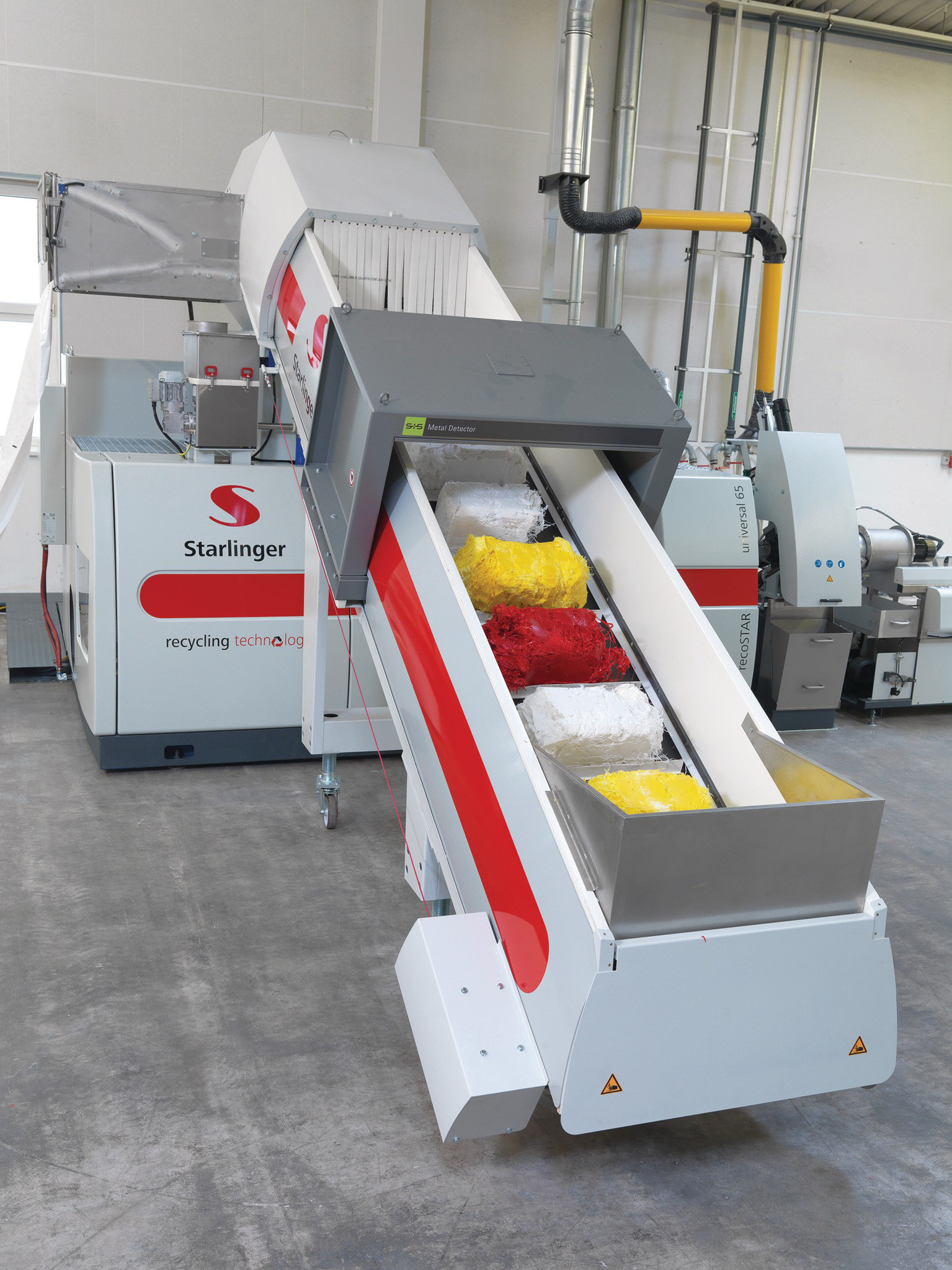
Case Studies
STARLINGER: Metal detectors prevent damage to recycling machines
Read more
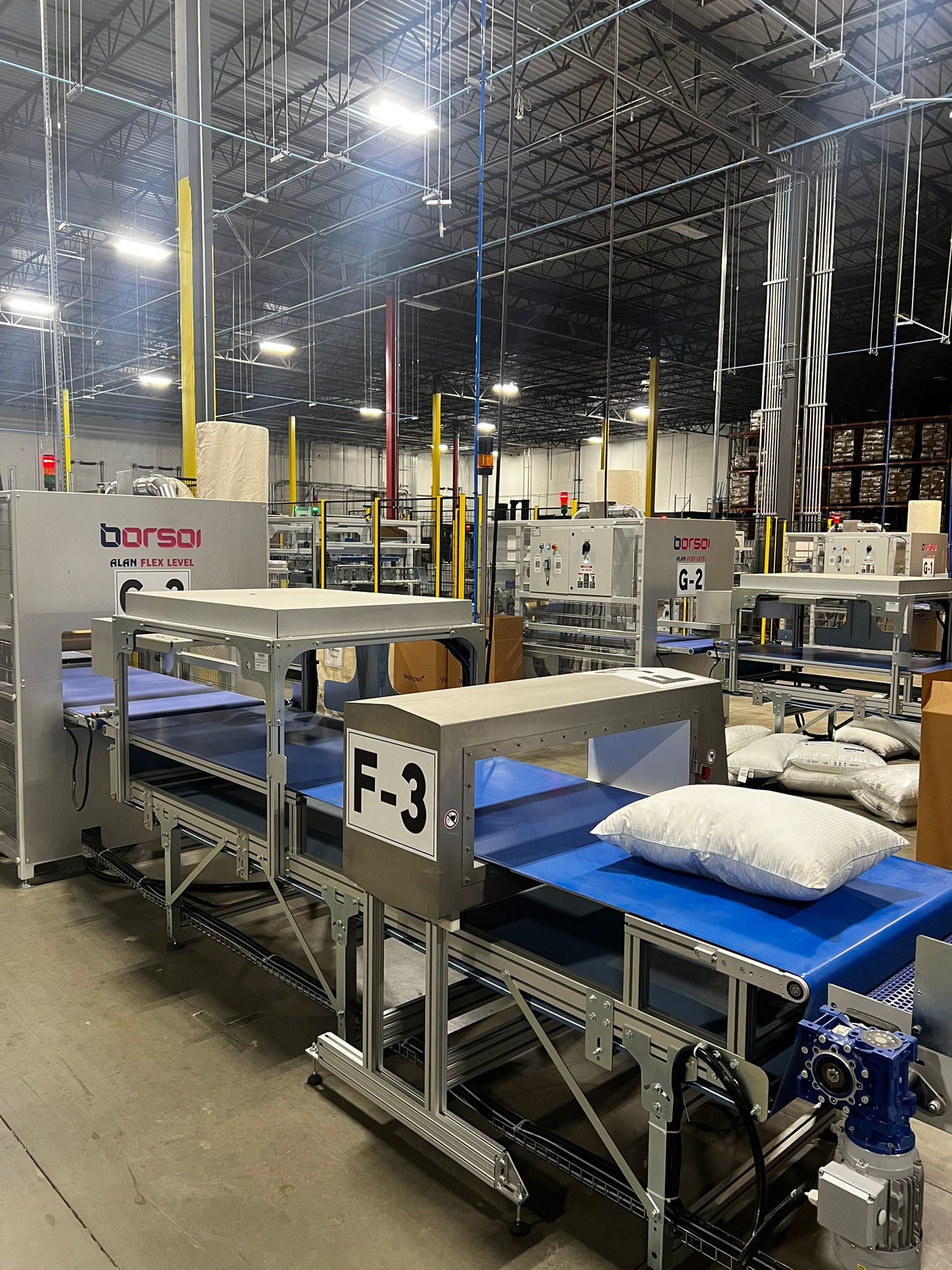.jpg)
Case Studies
How BORSOI srl achieves the highest safety standards in textiles
Read more
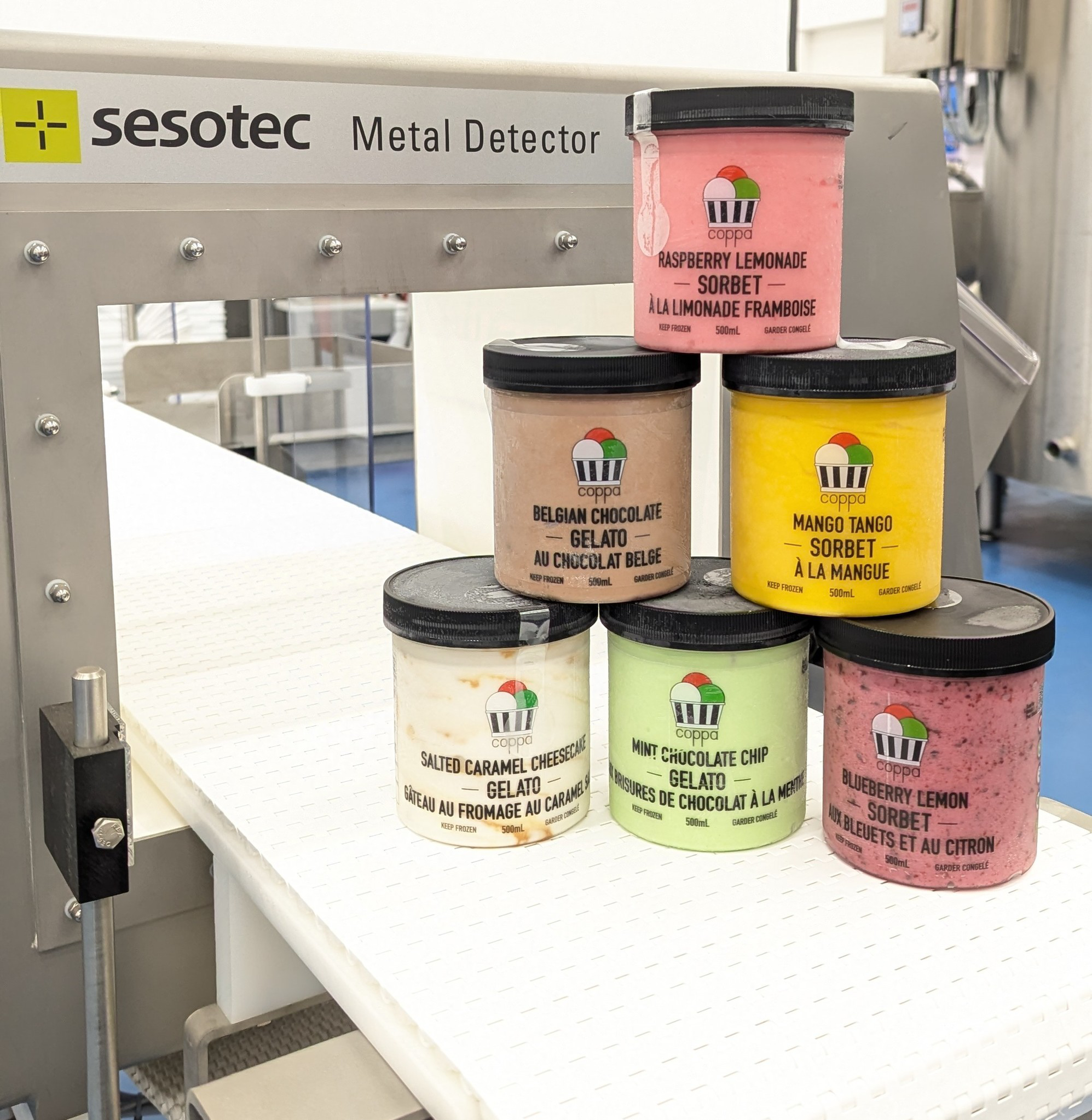
Case Studies
How Coppa Inc. Optimized Food Safety with Sesotec’s “Audit Check”
Read more
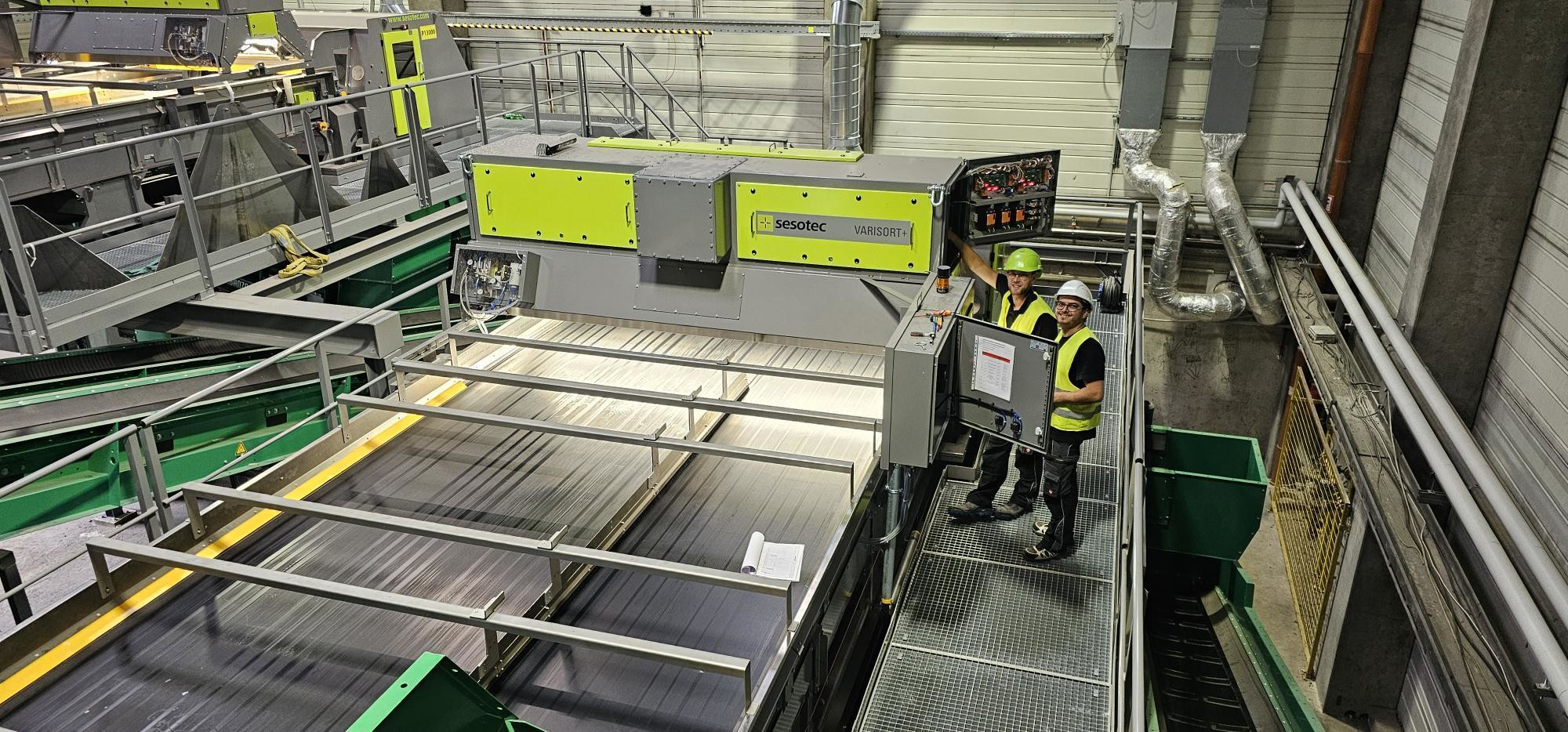
Case Studies
Steinbeis Polyvert – Plastics recycling at its best
Read more
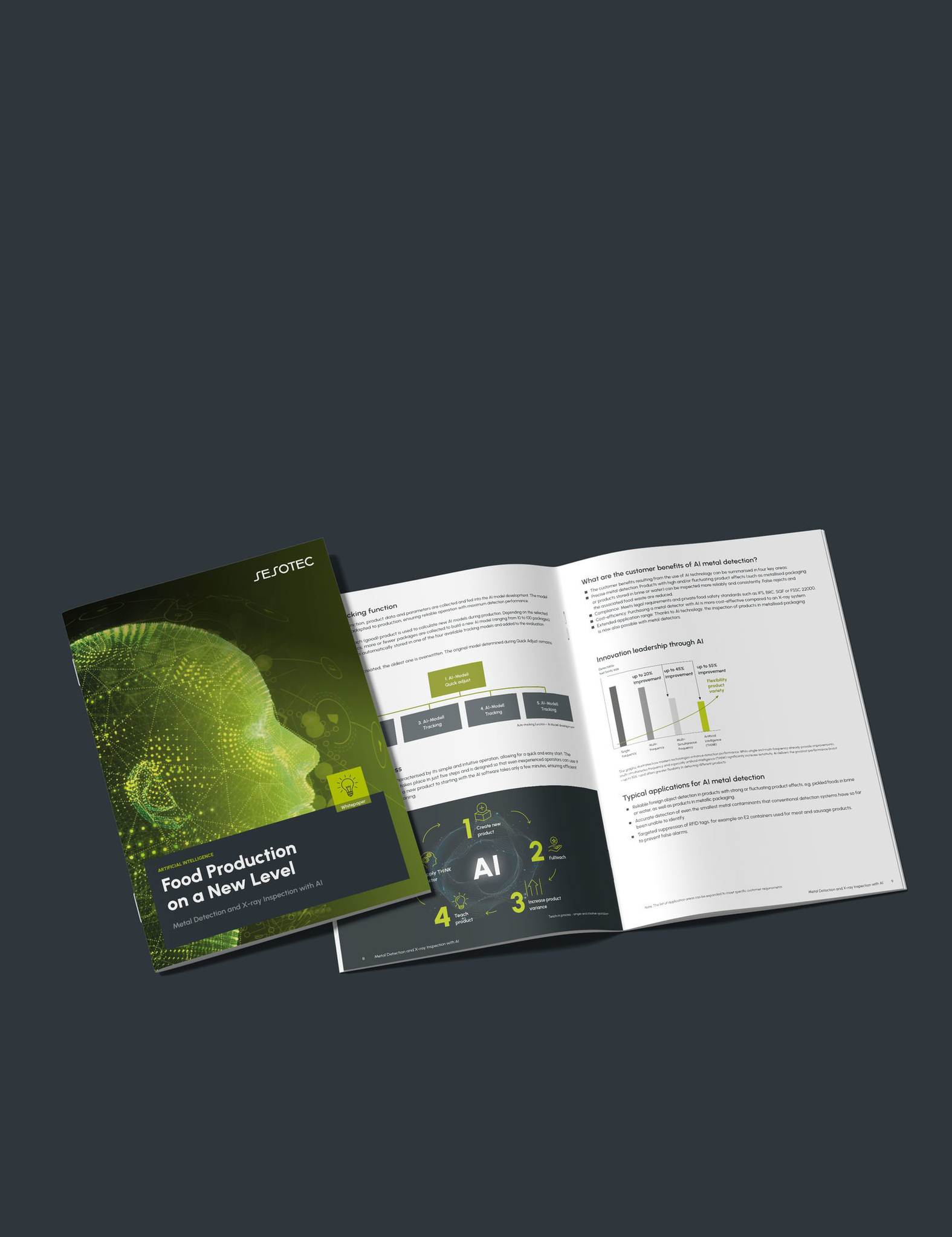
White Paper
Food Production on a New Level with KI
Read more

Case Studies
PAC2PAC by Bachmann Group – The Perfect Cycle for PET Packaging
Read more
